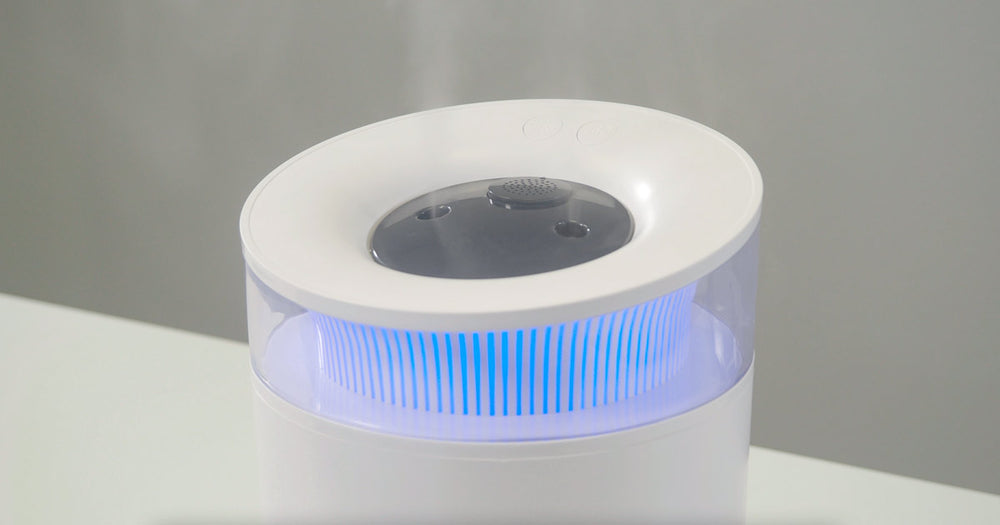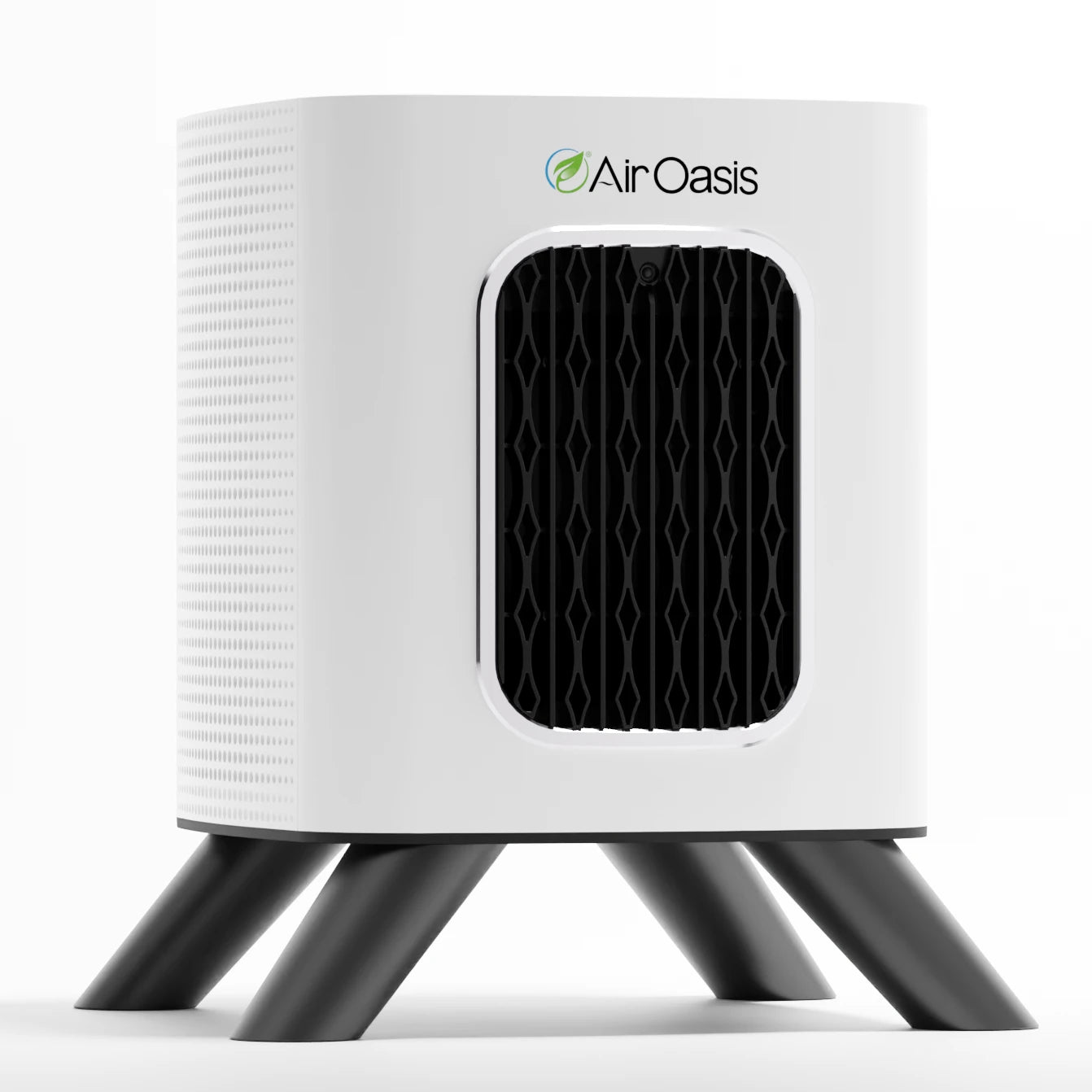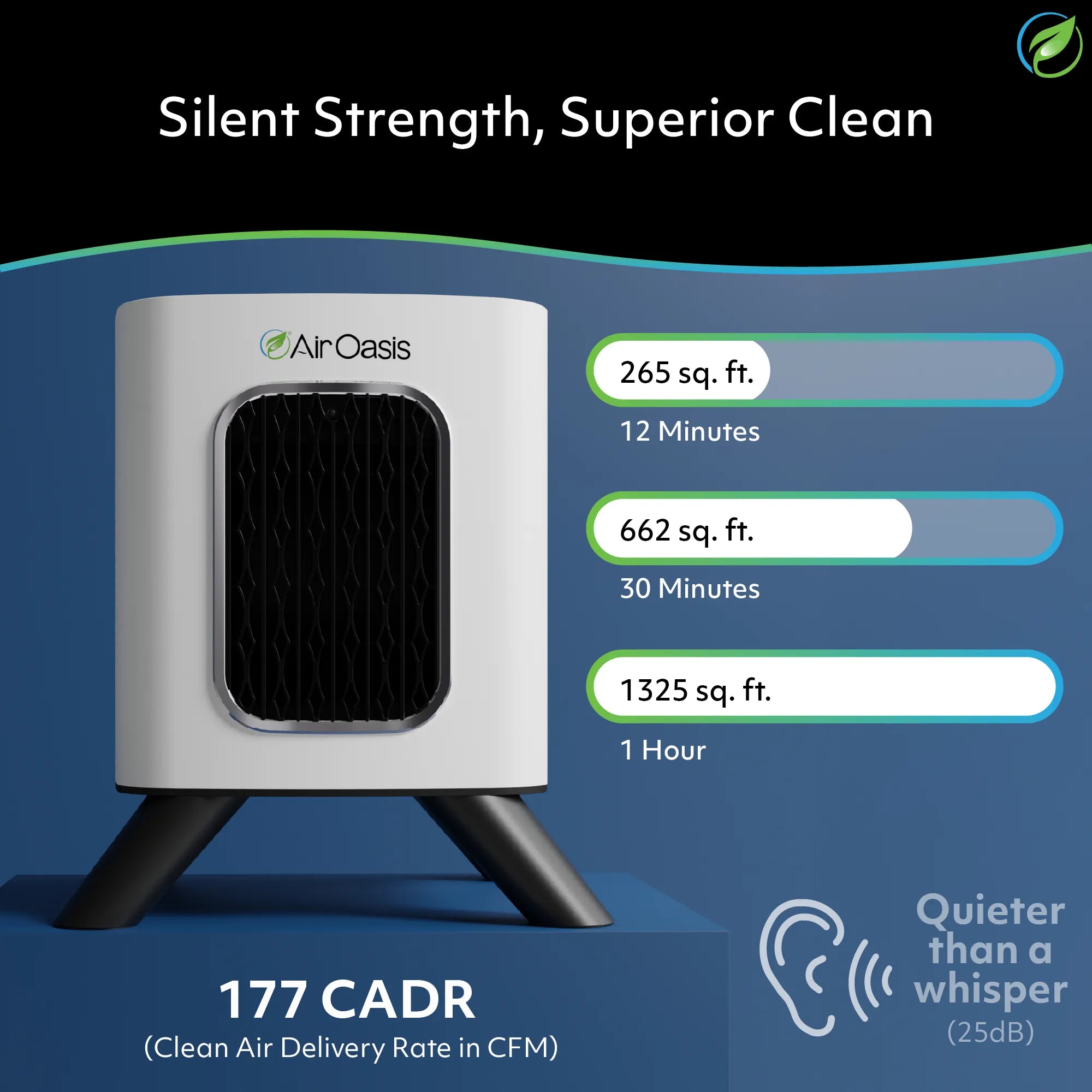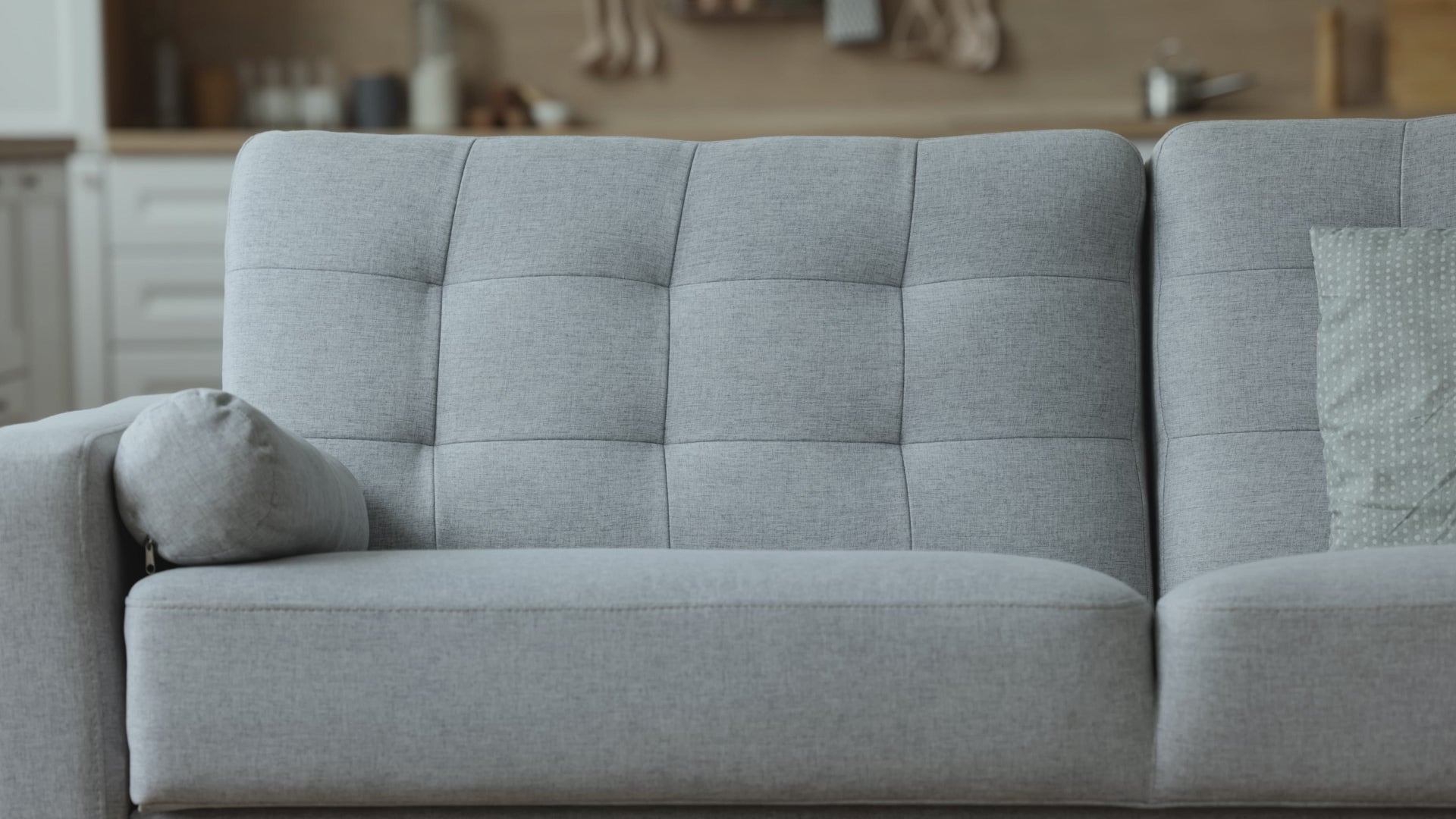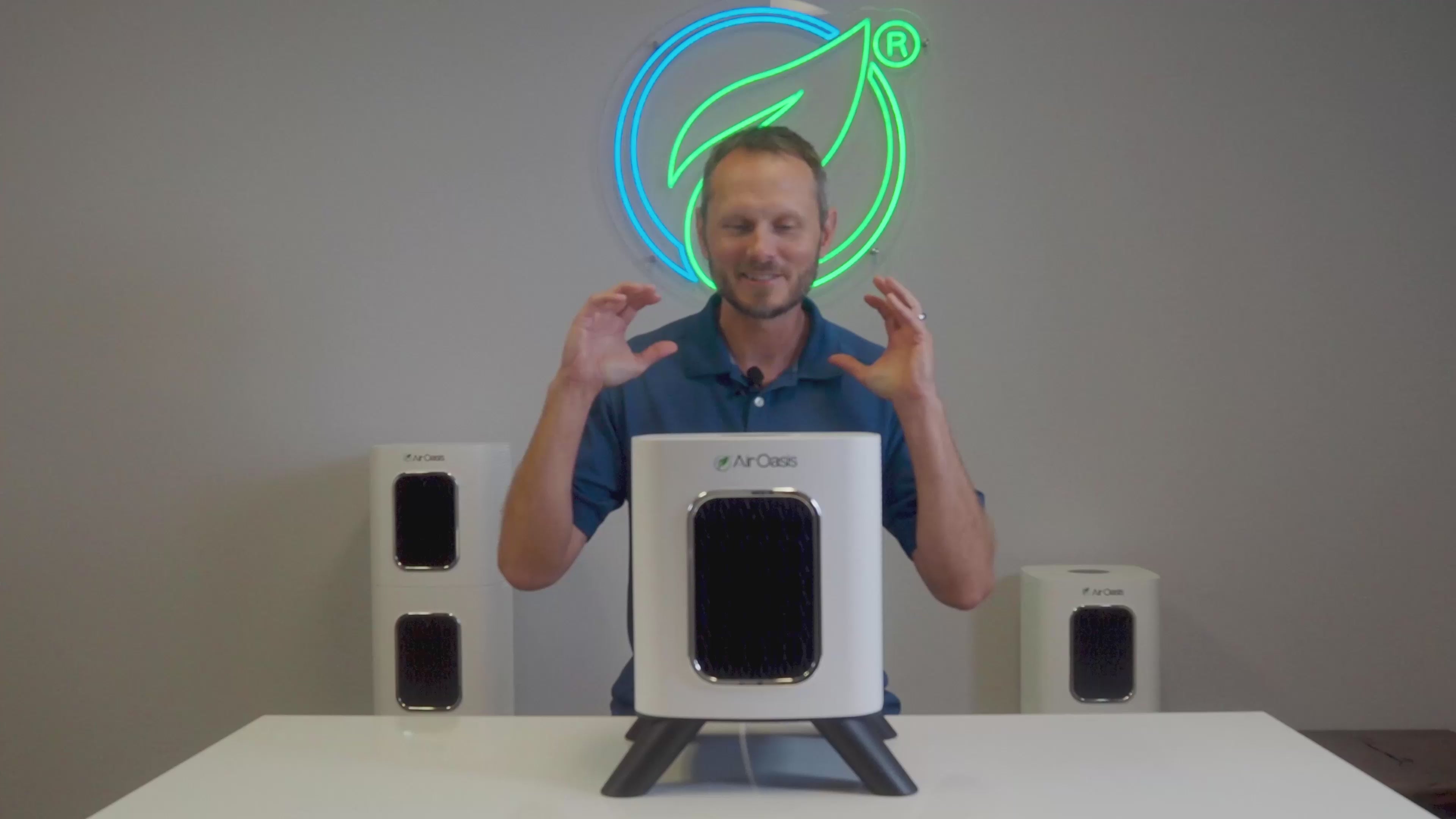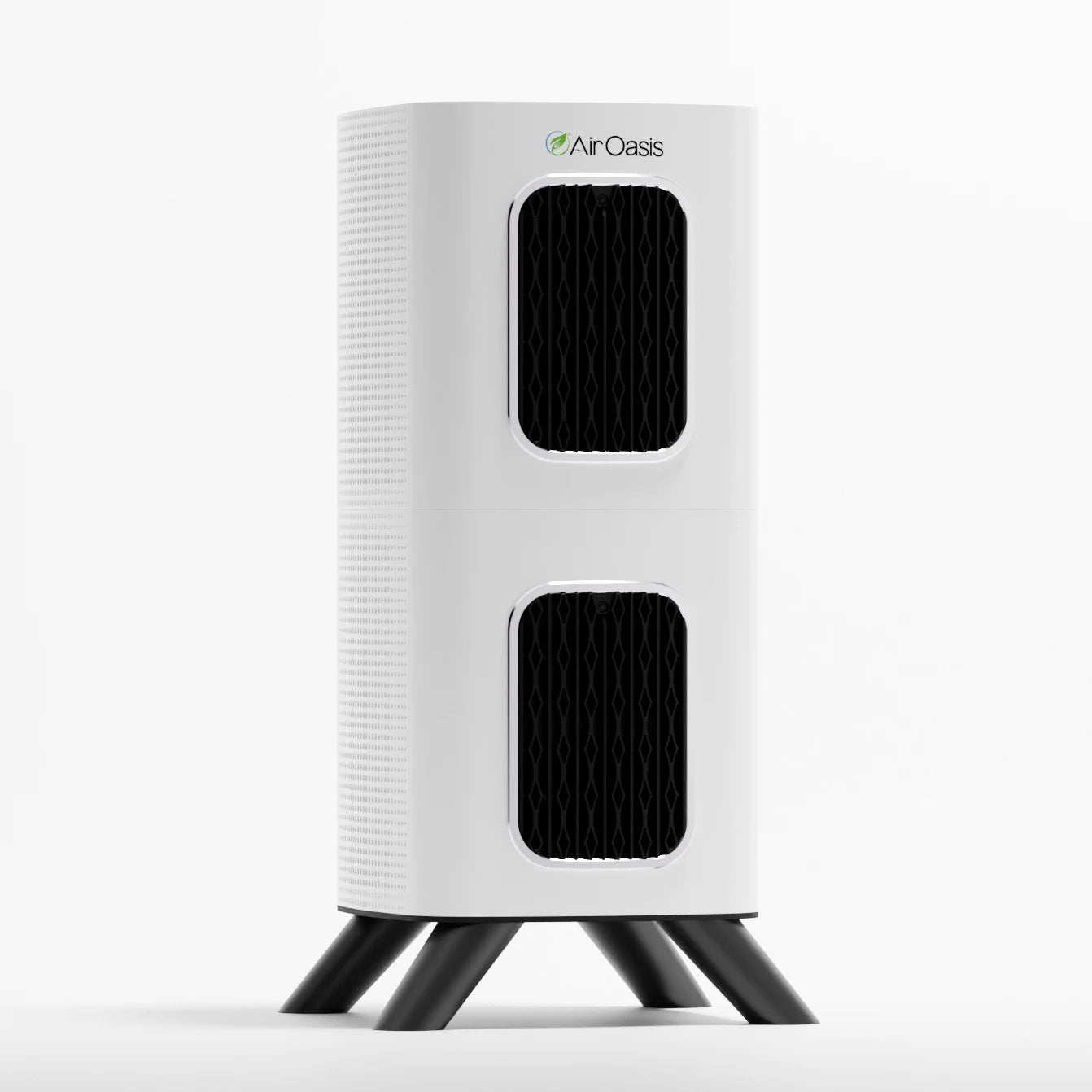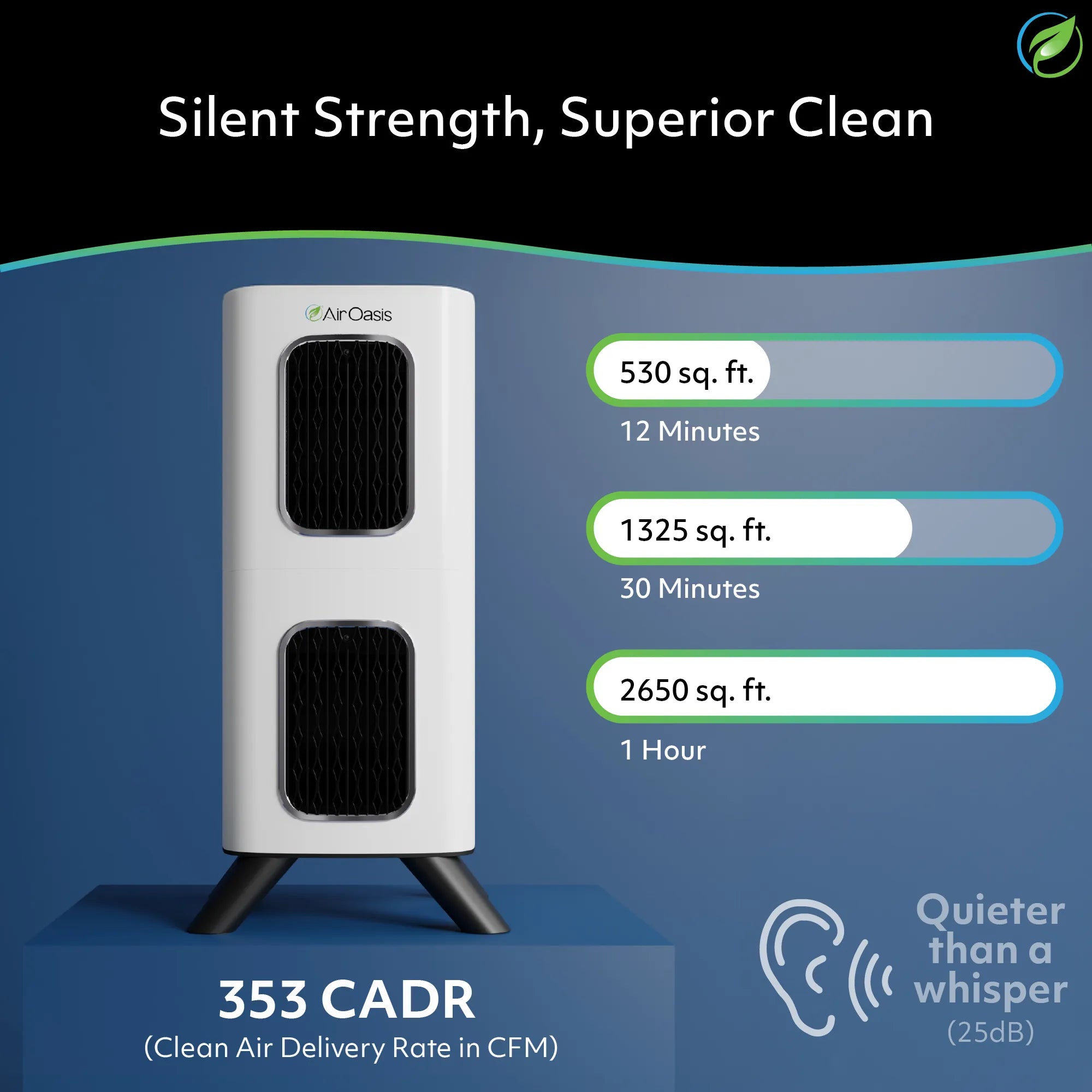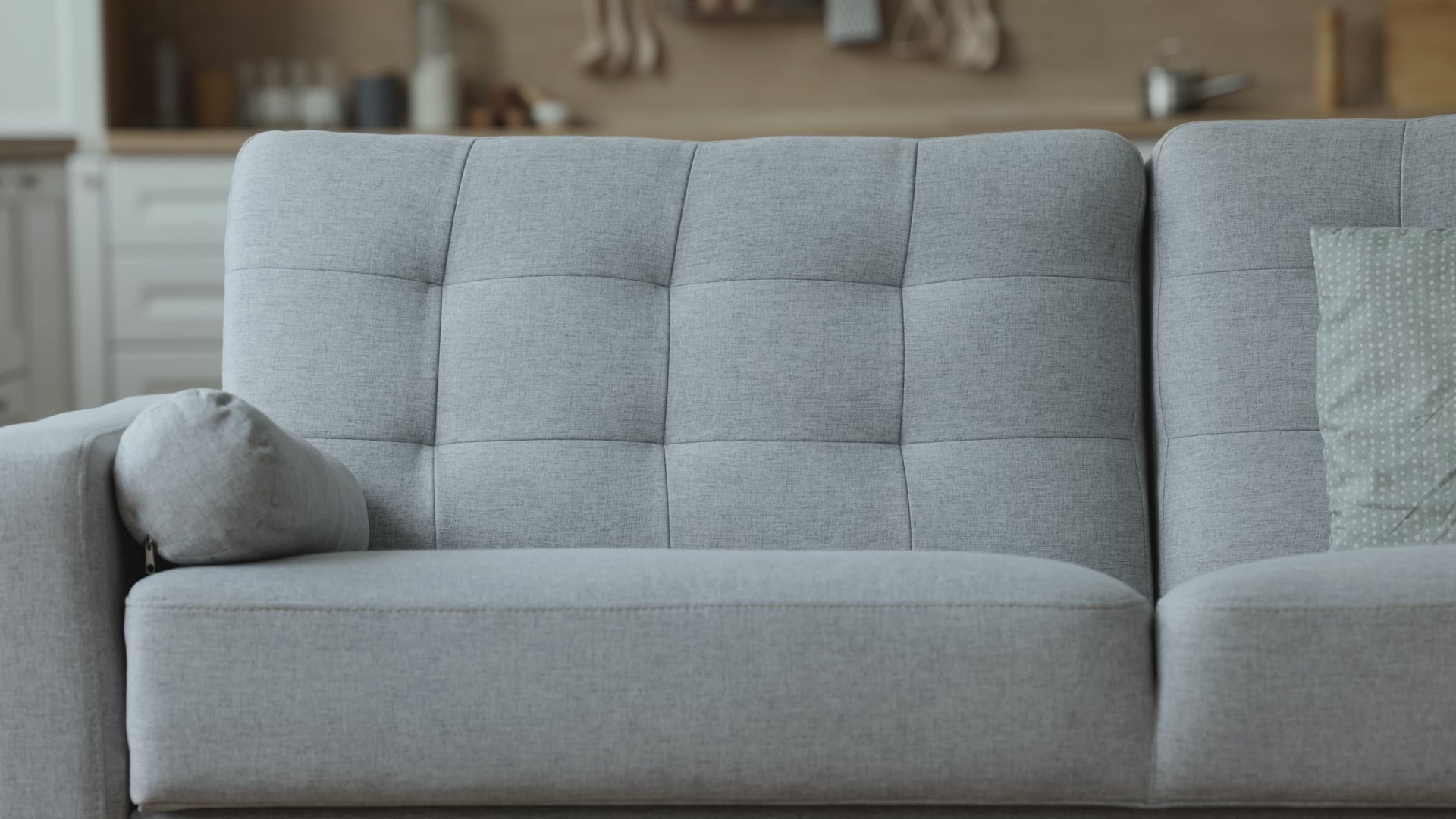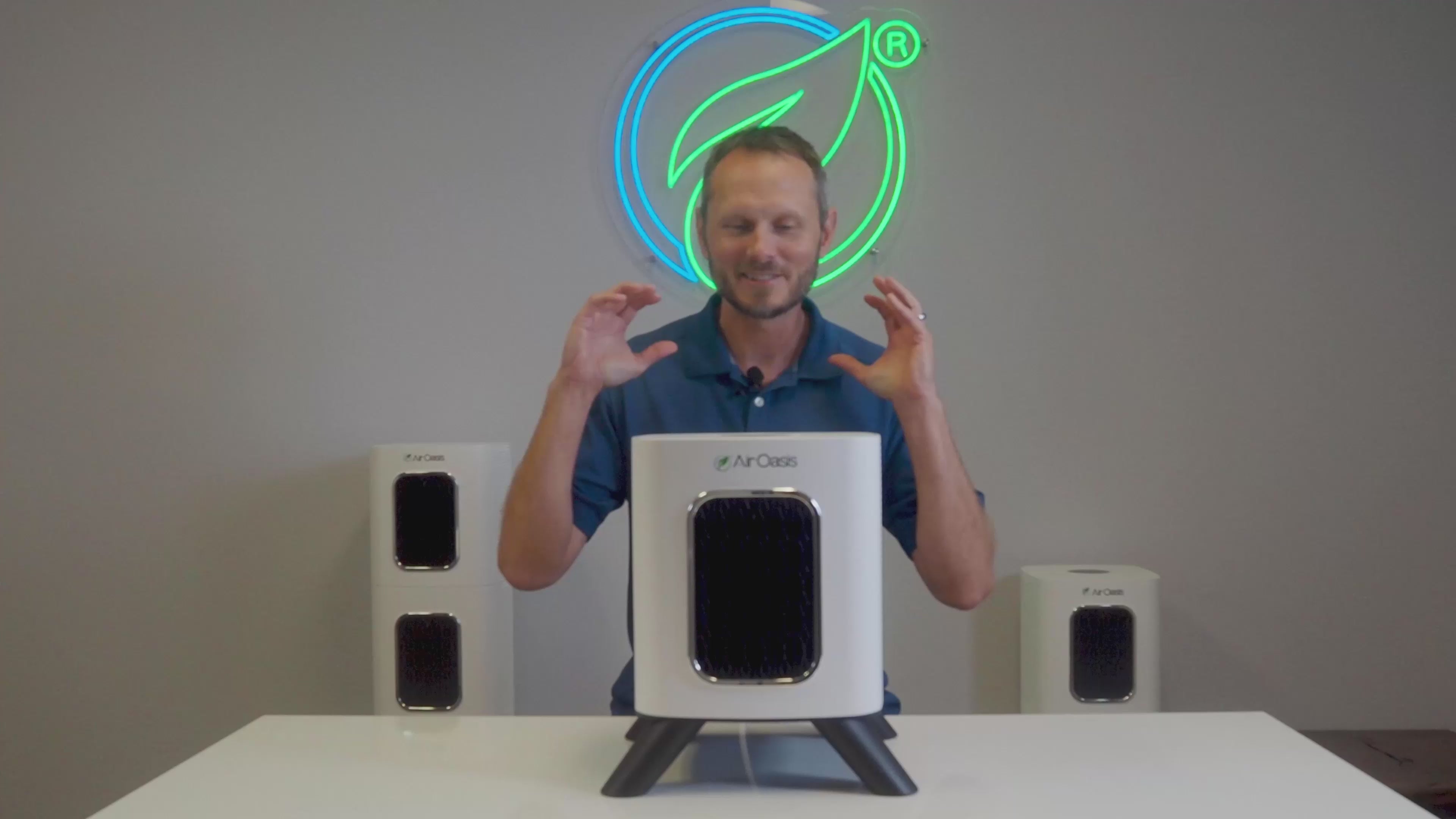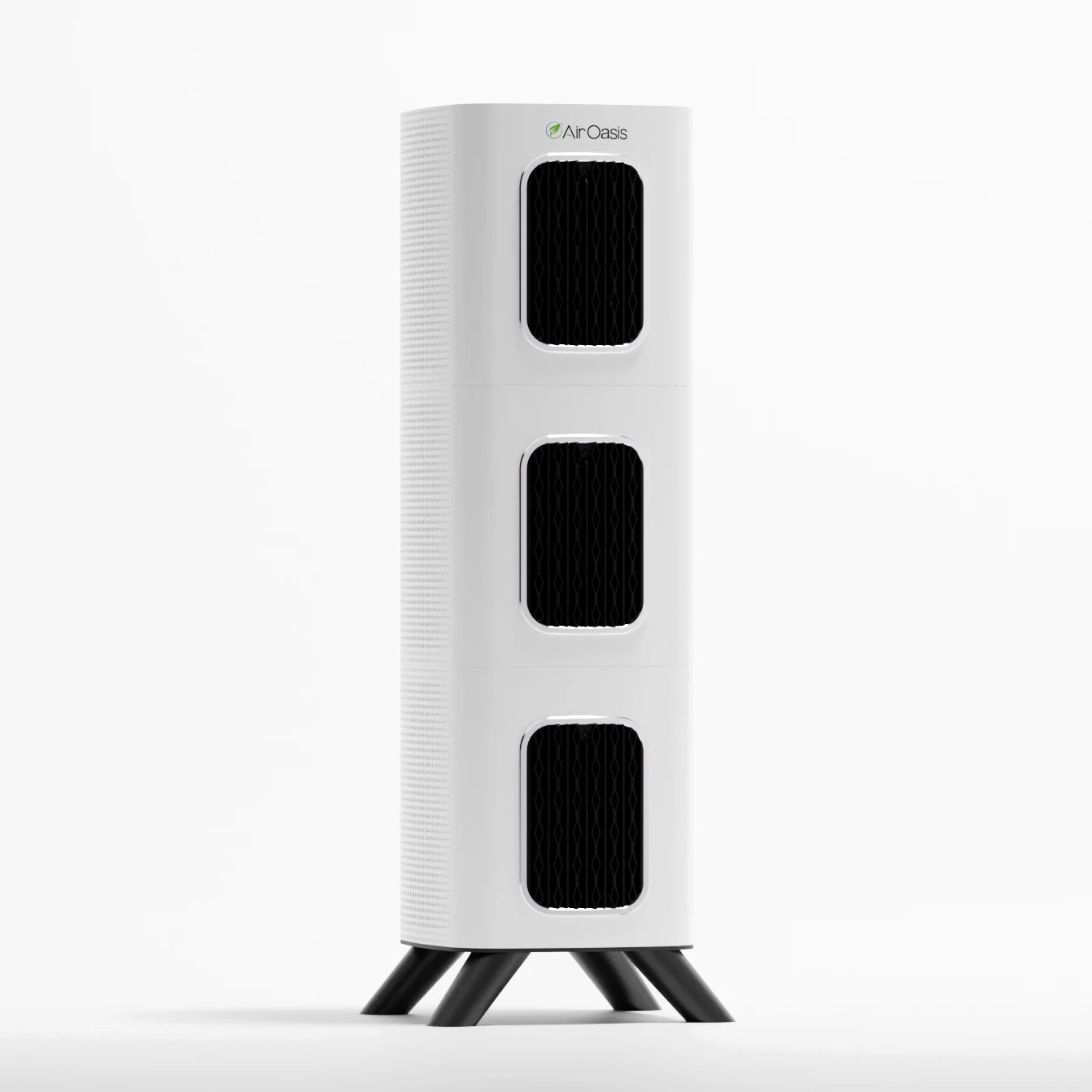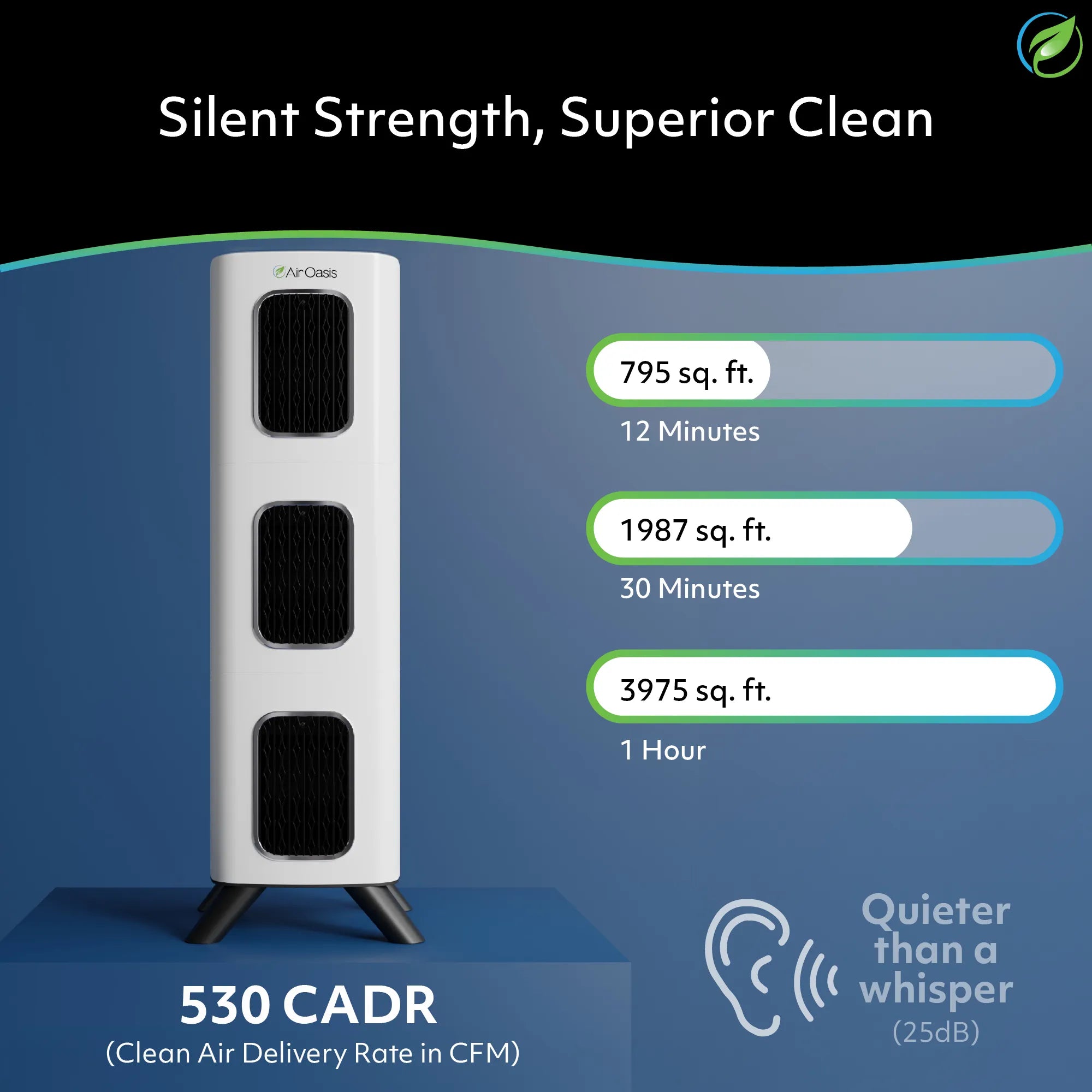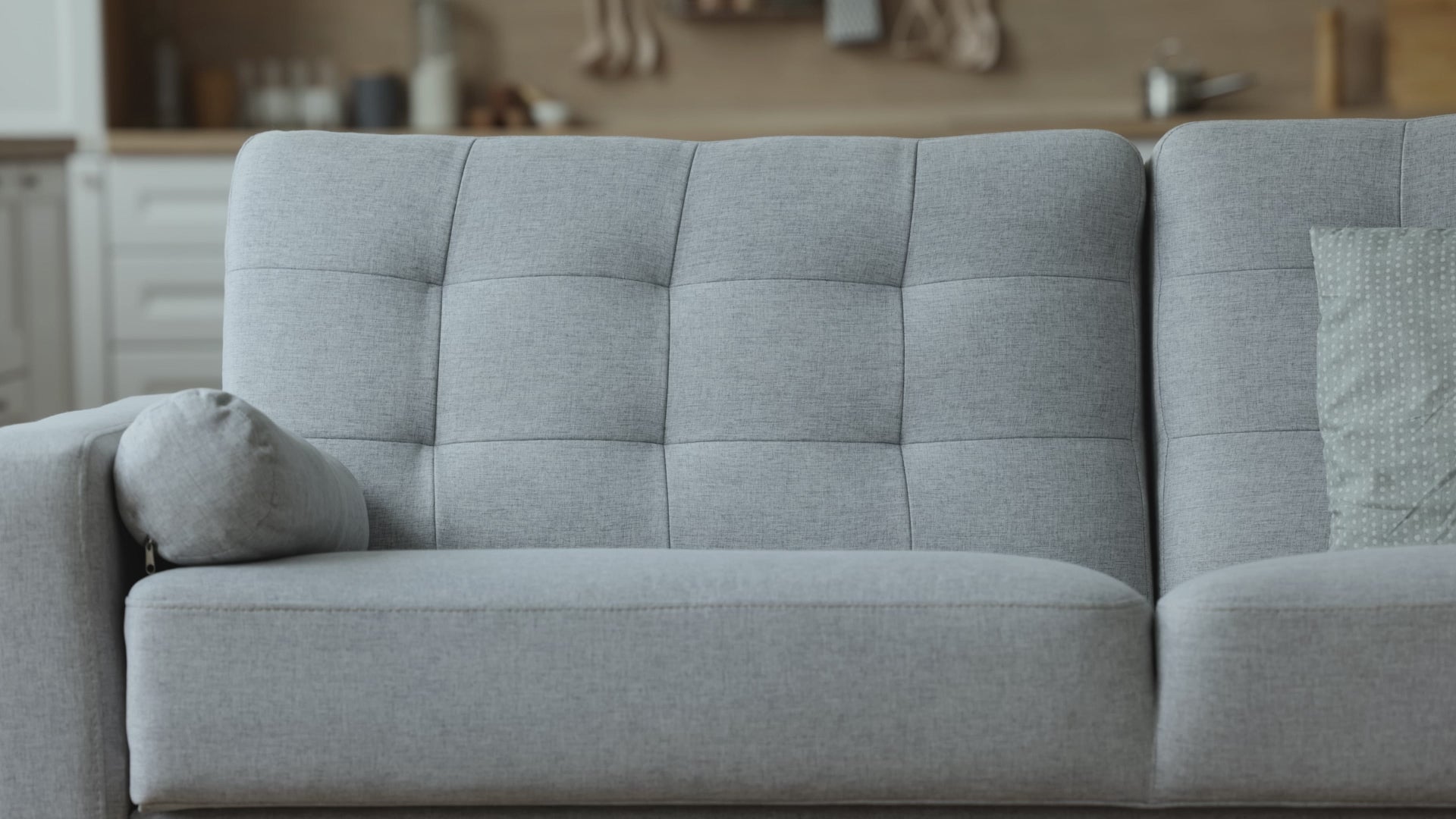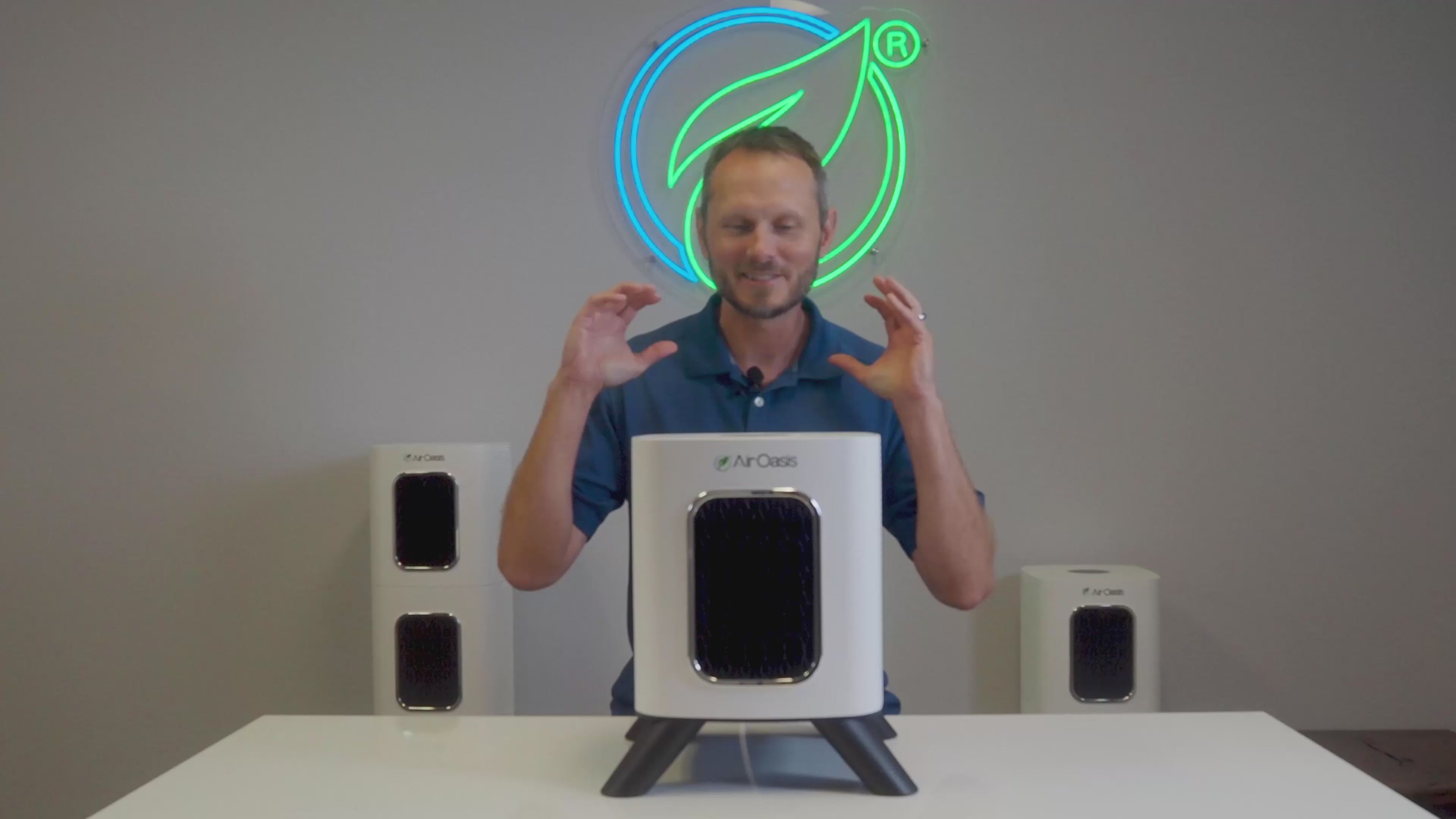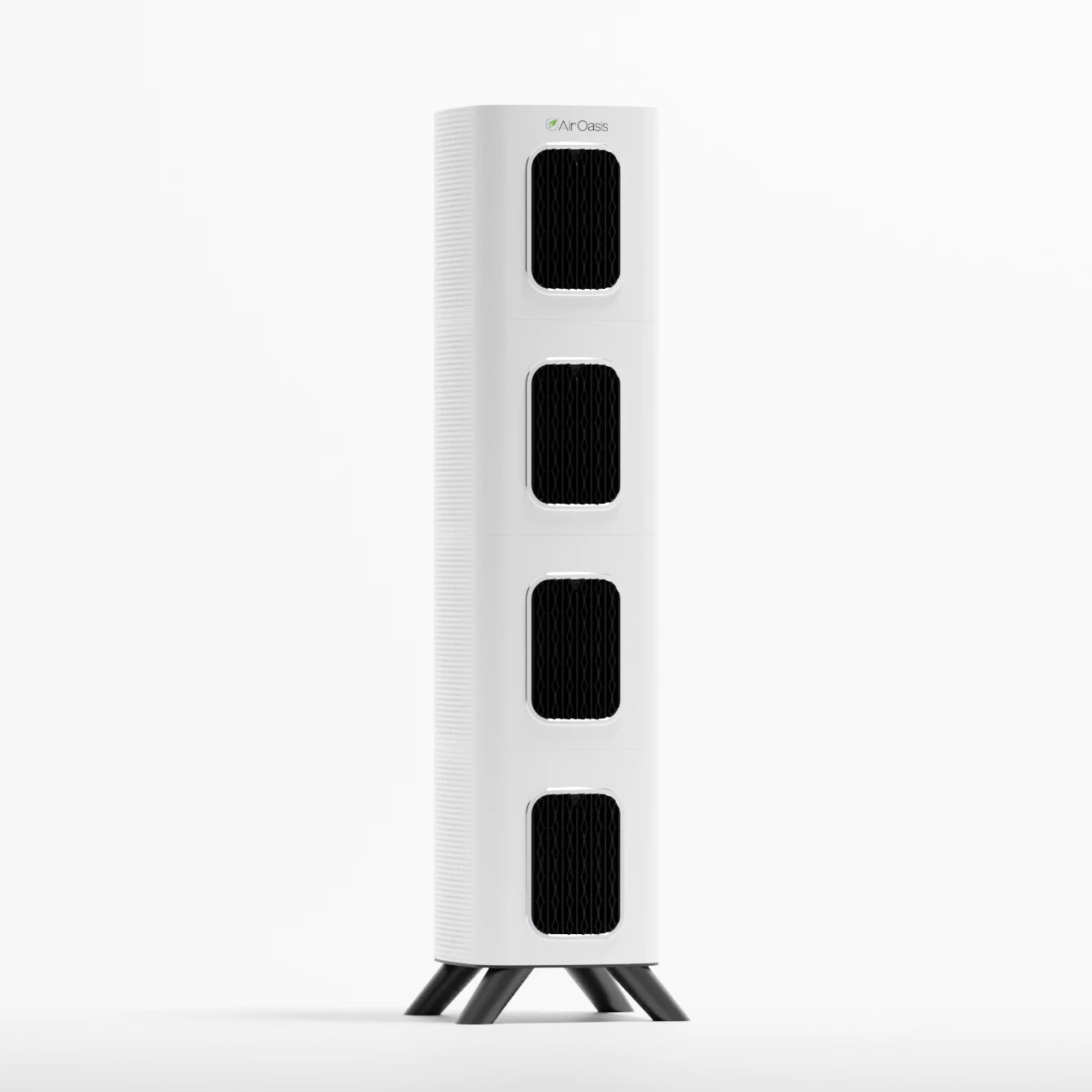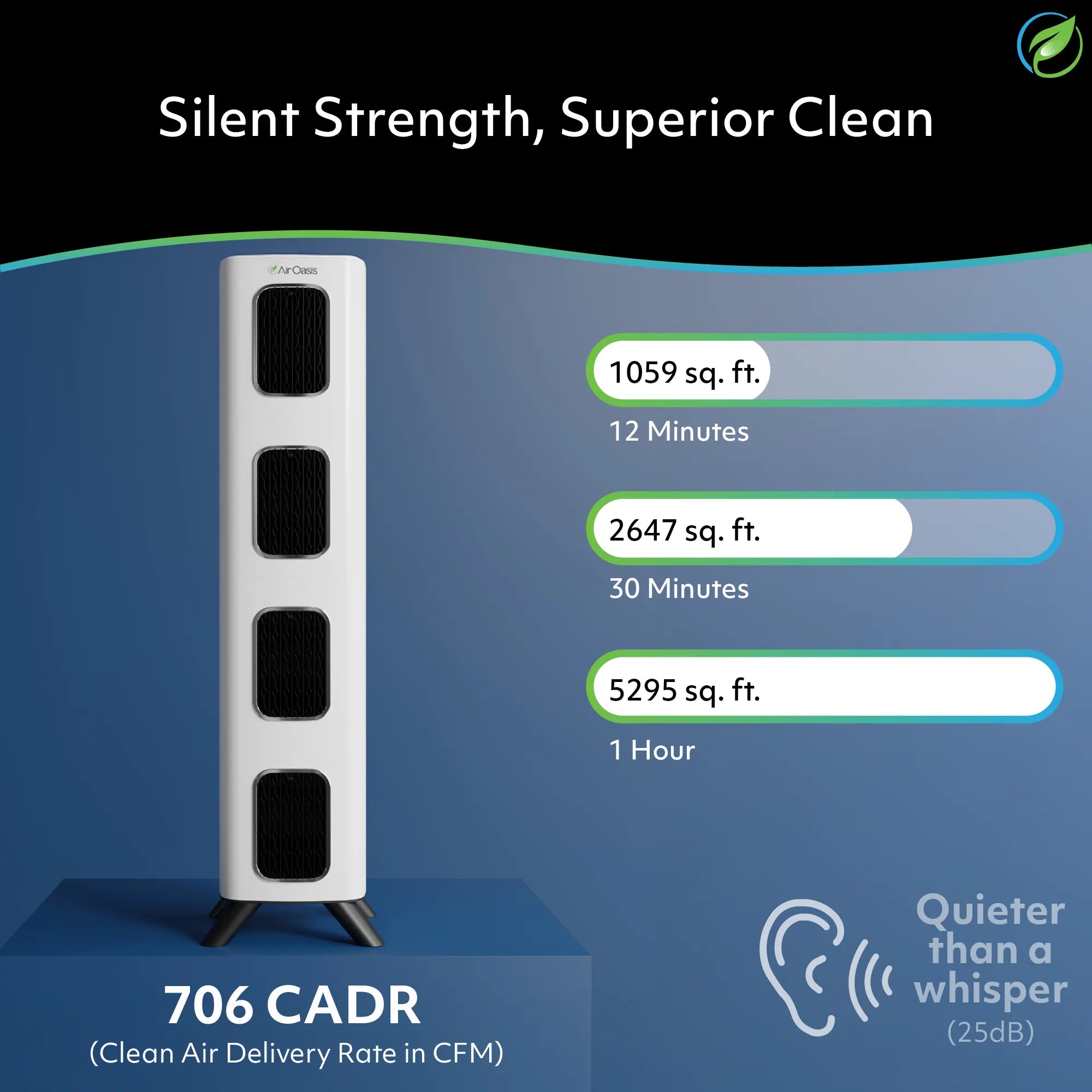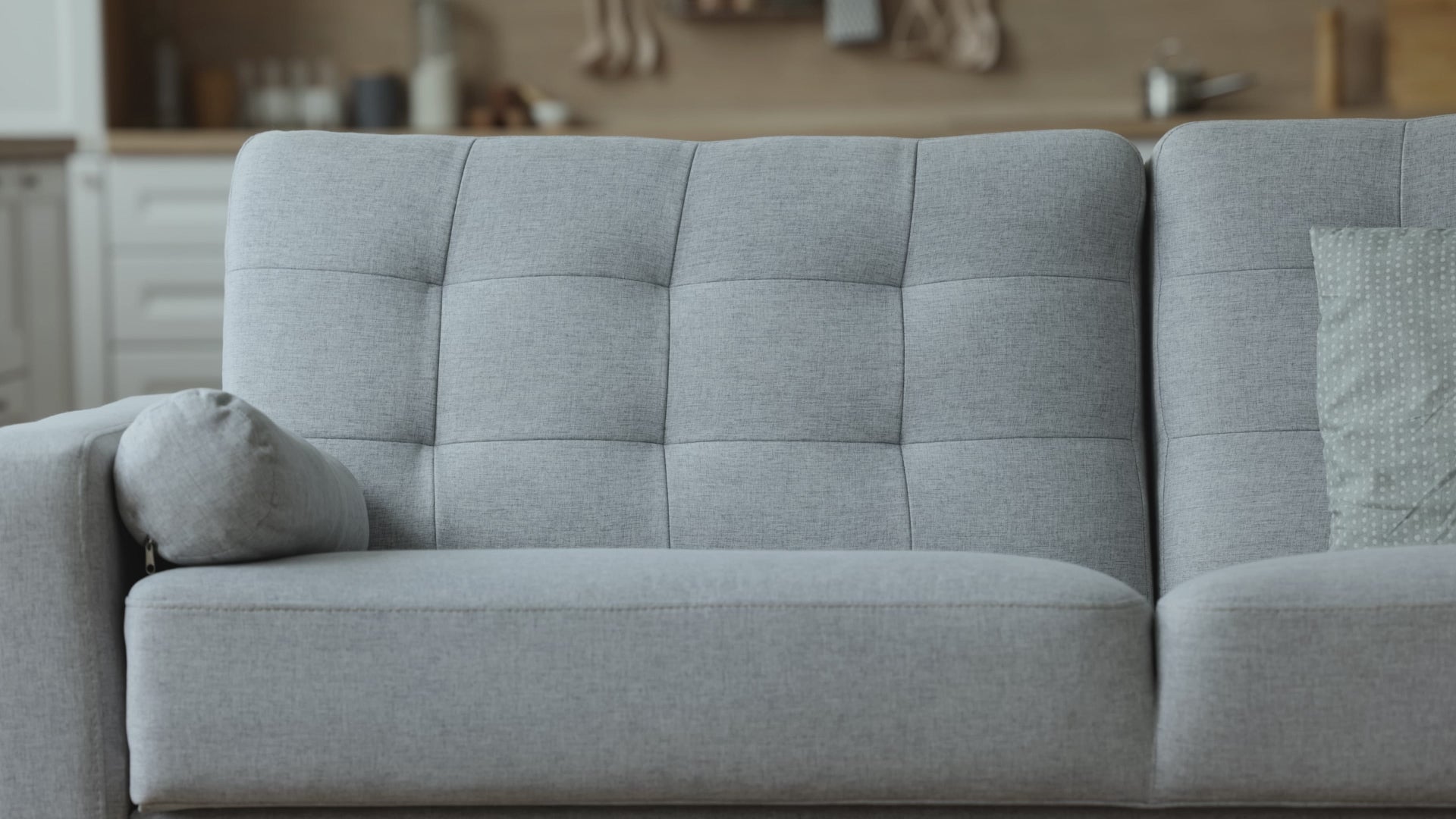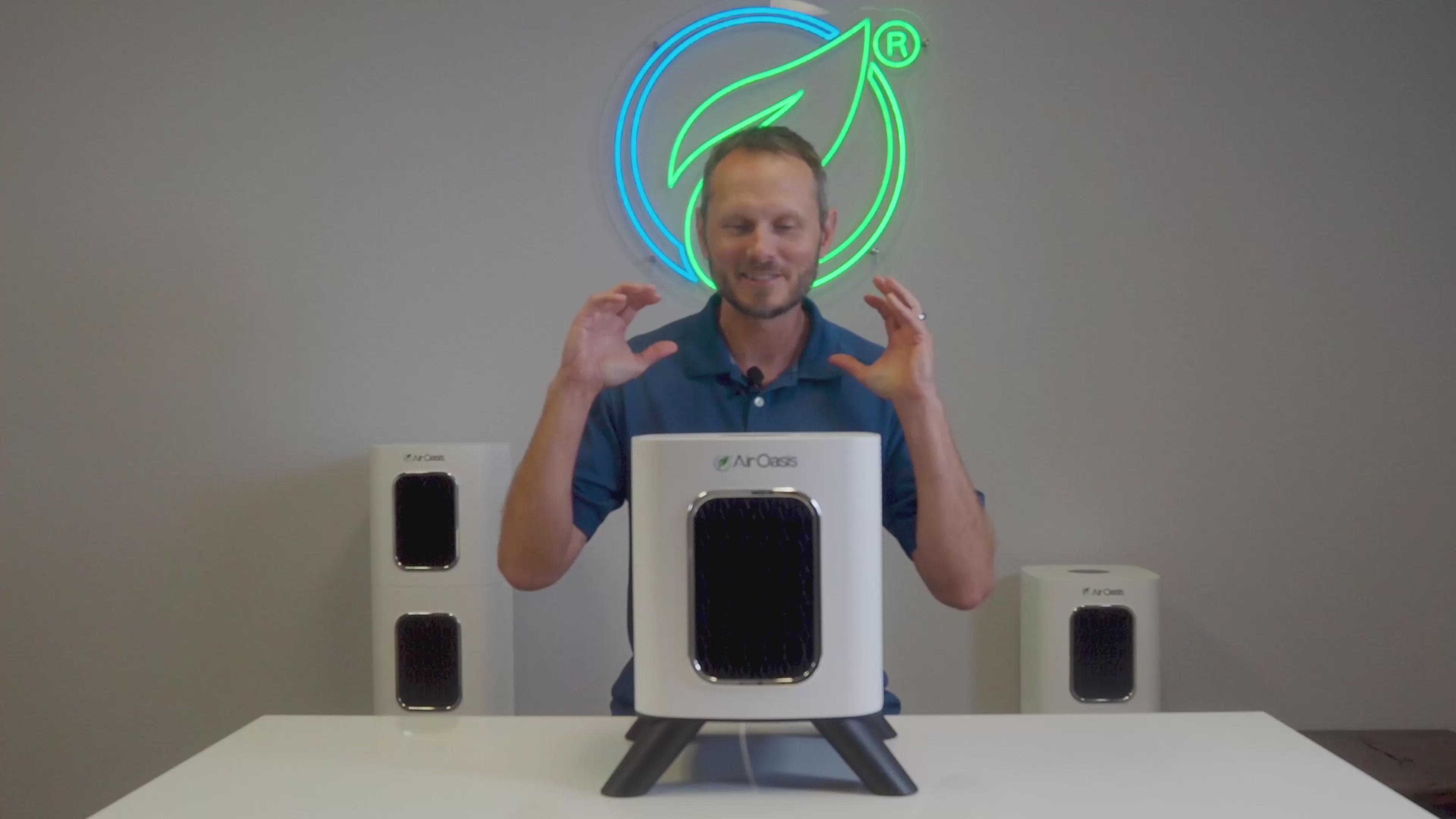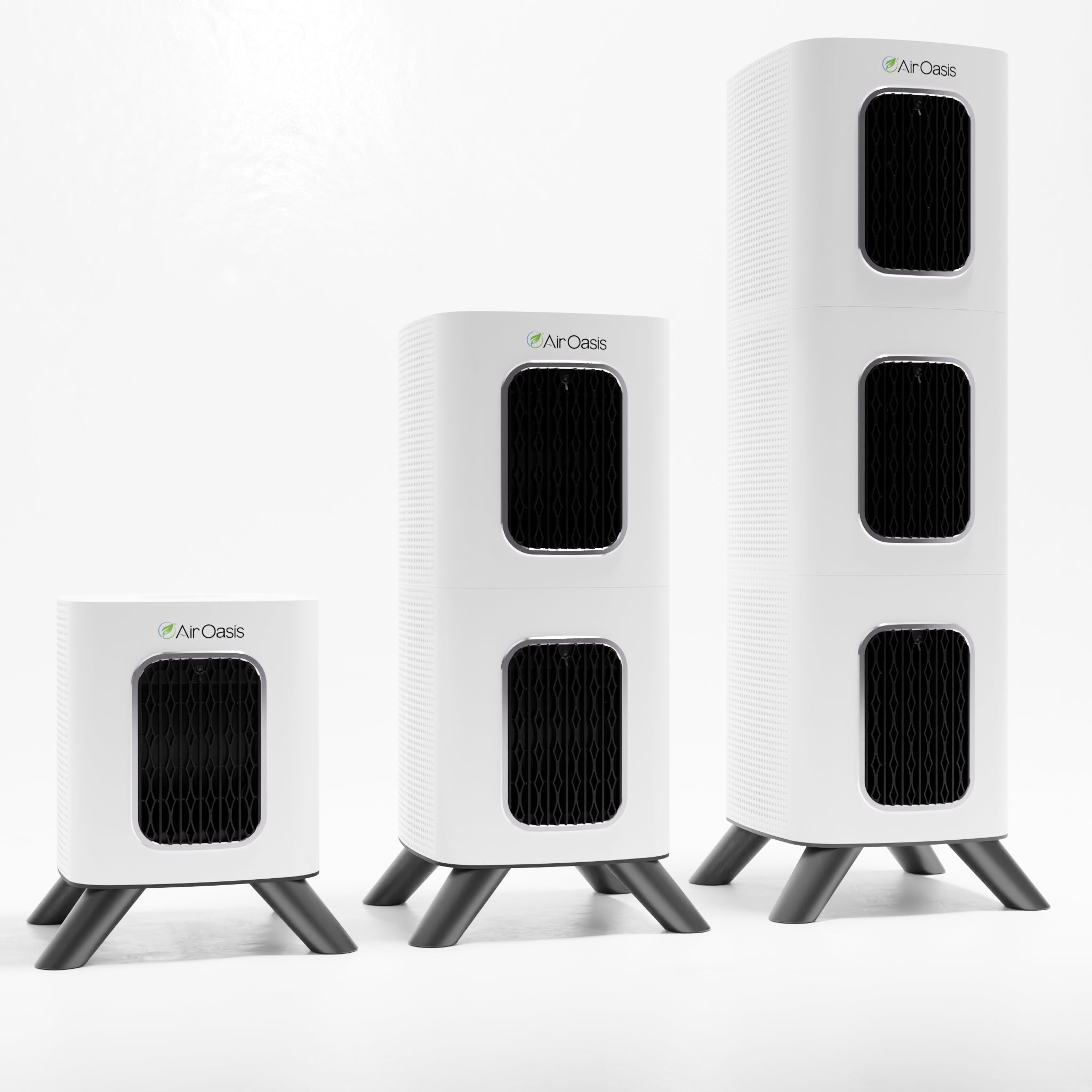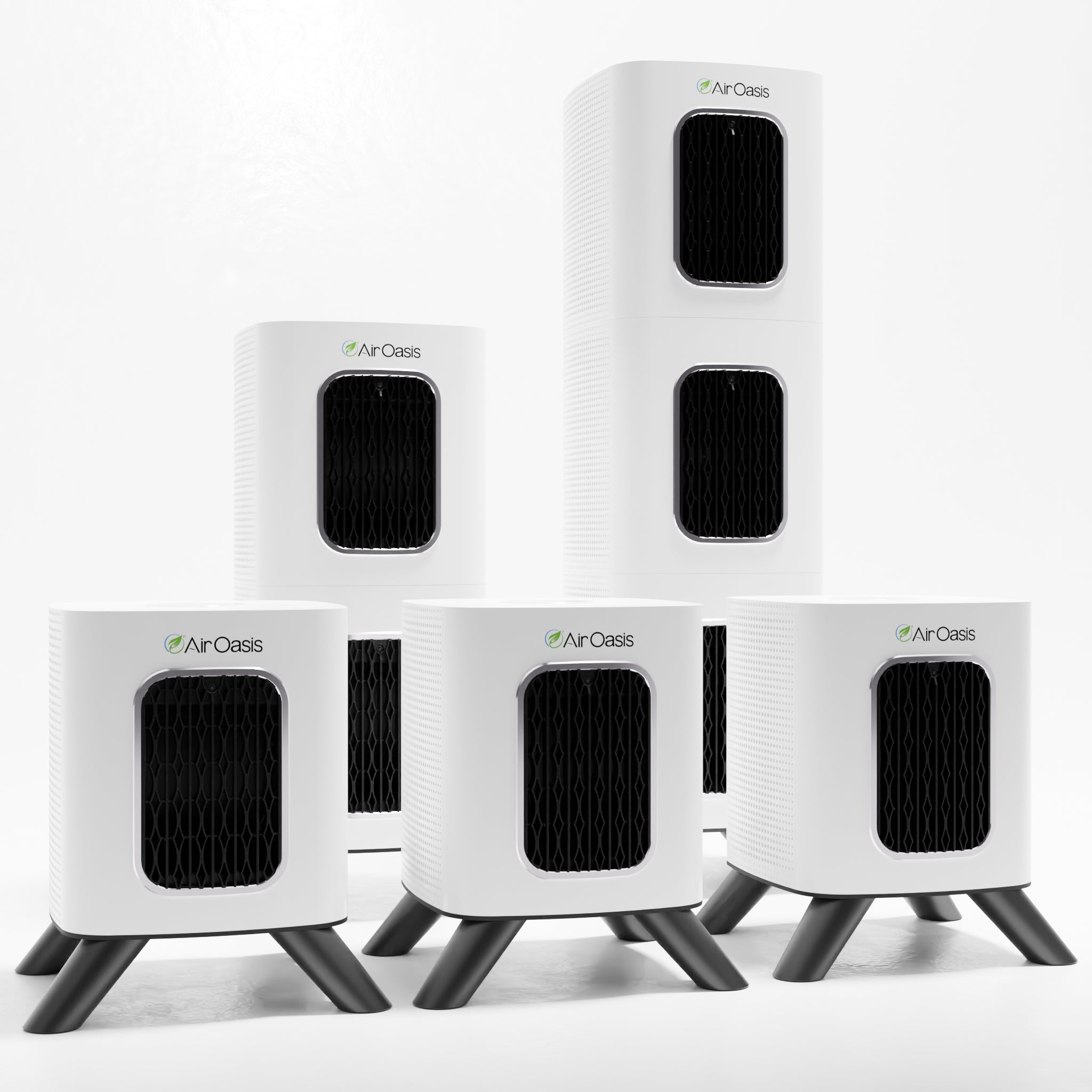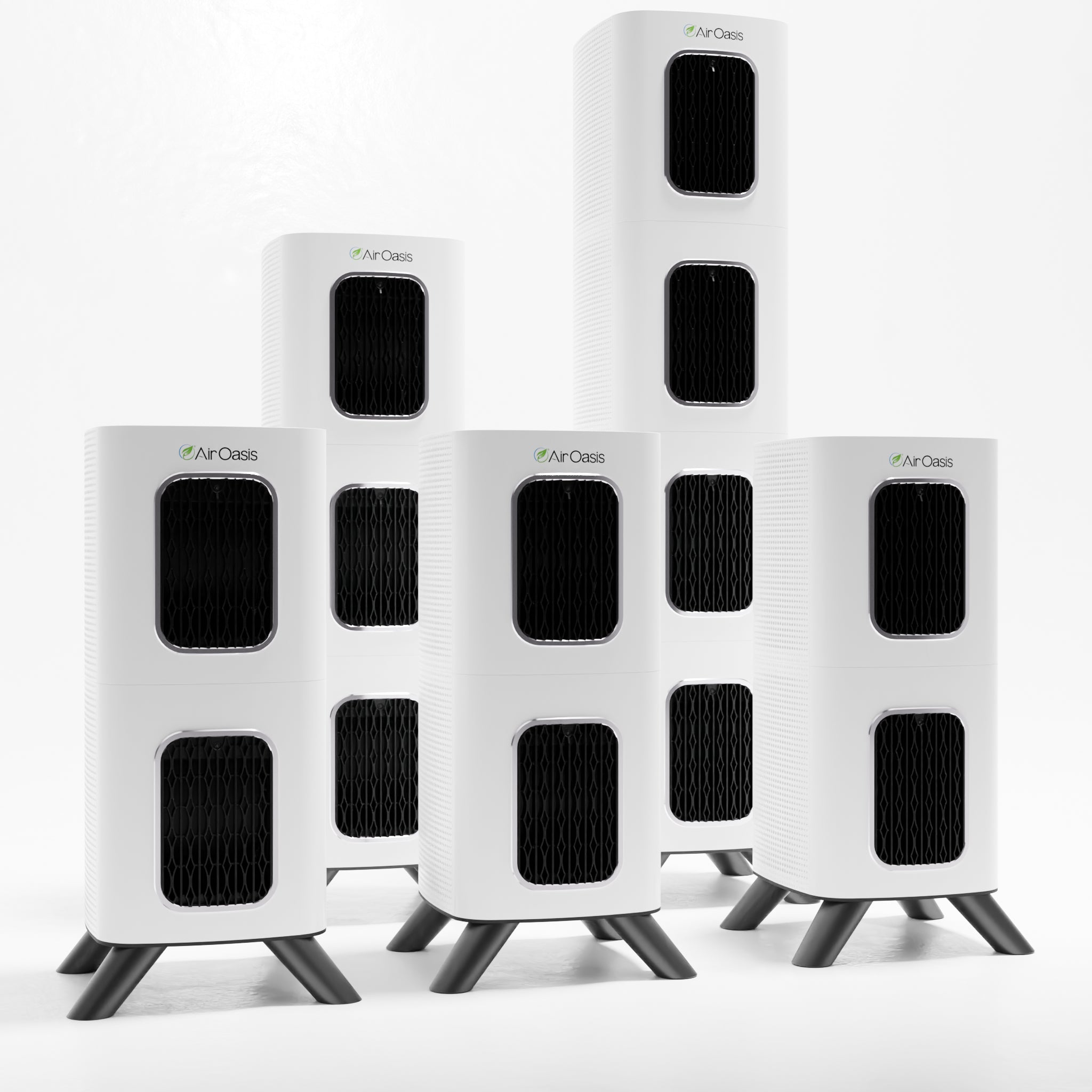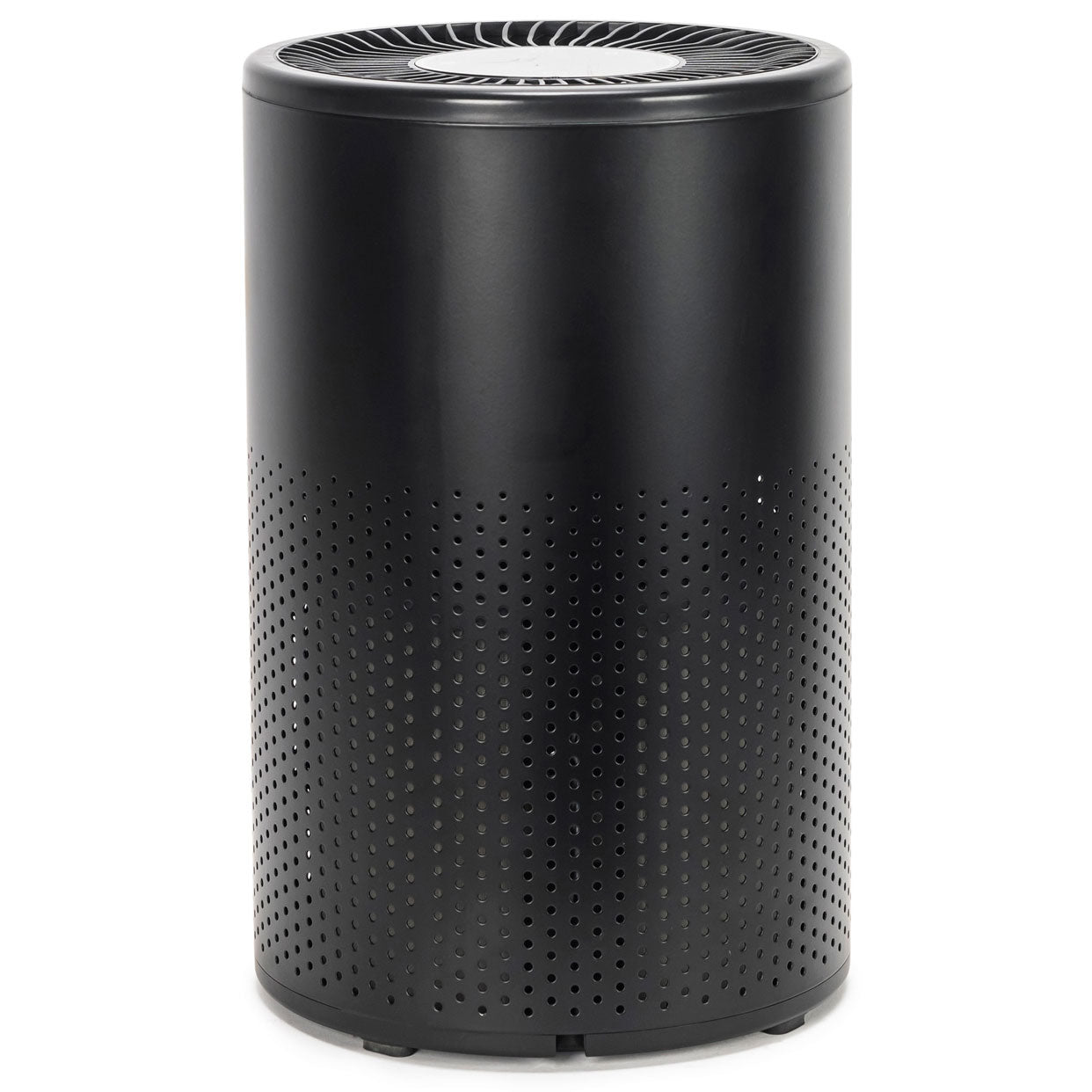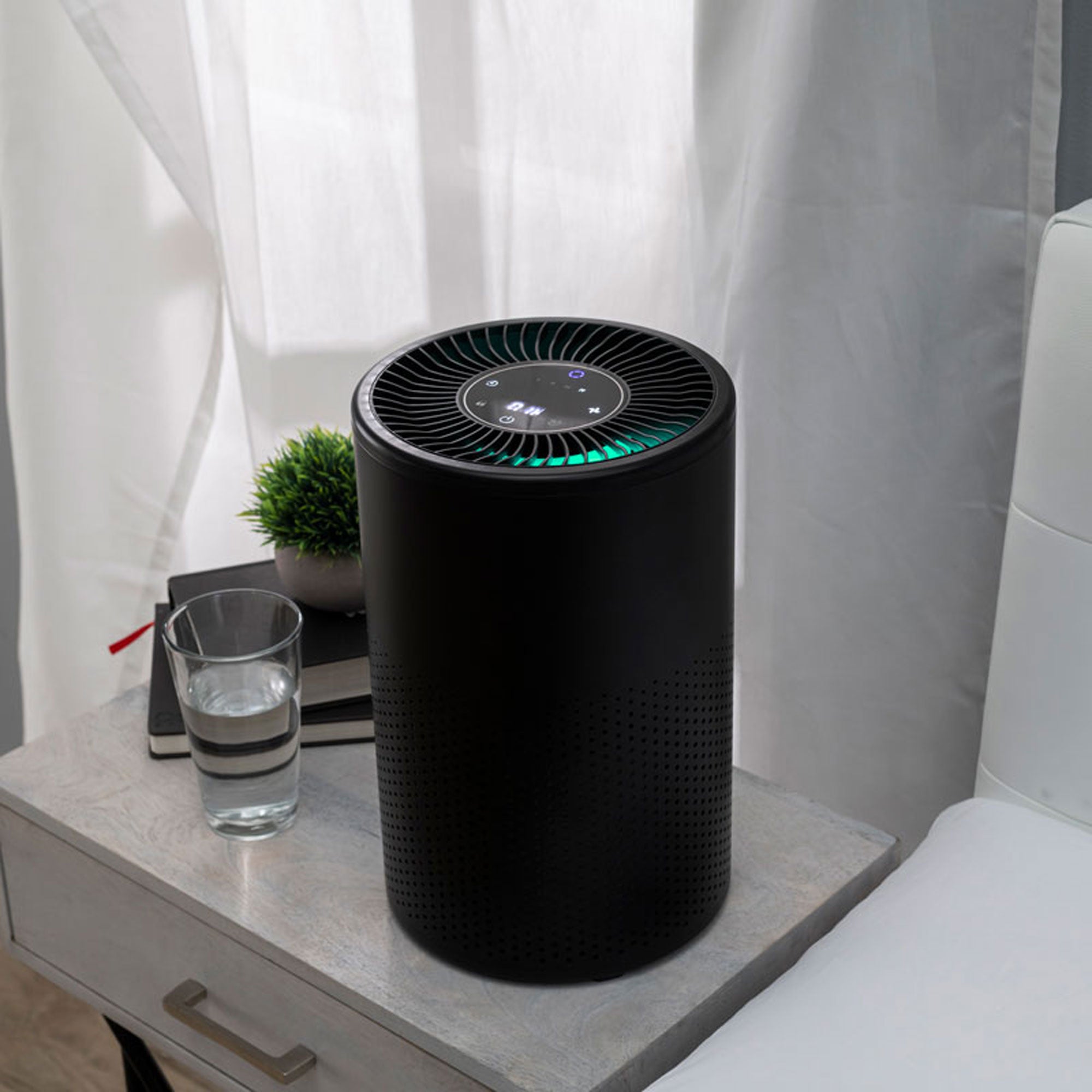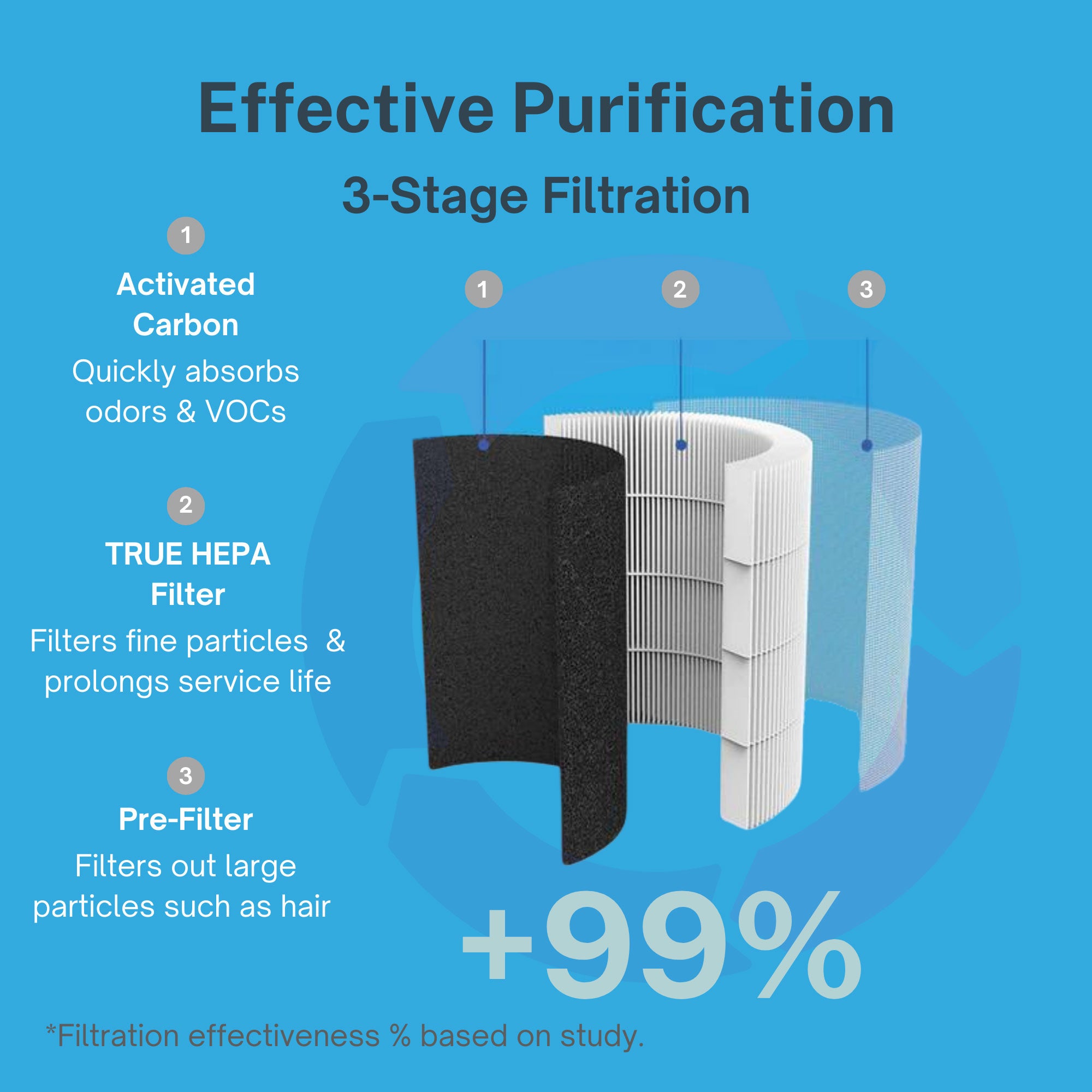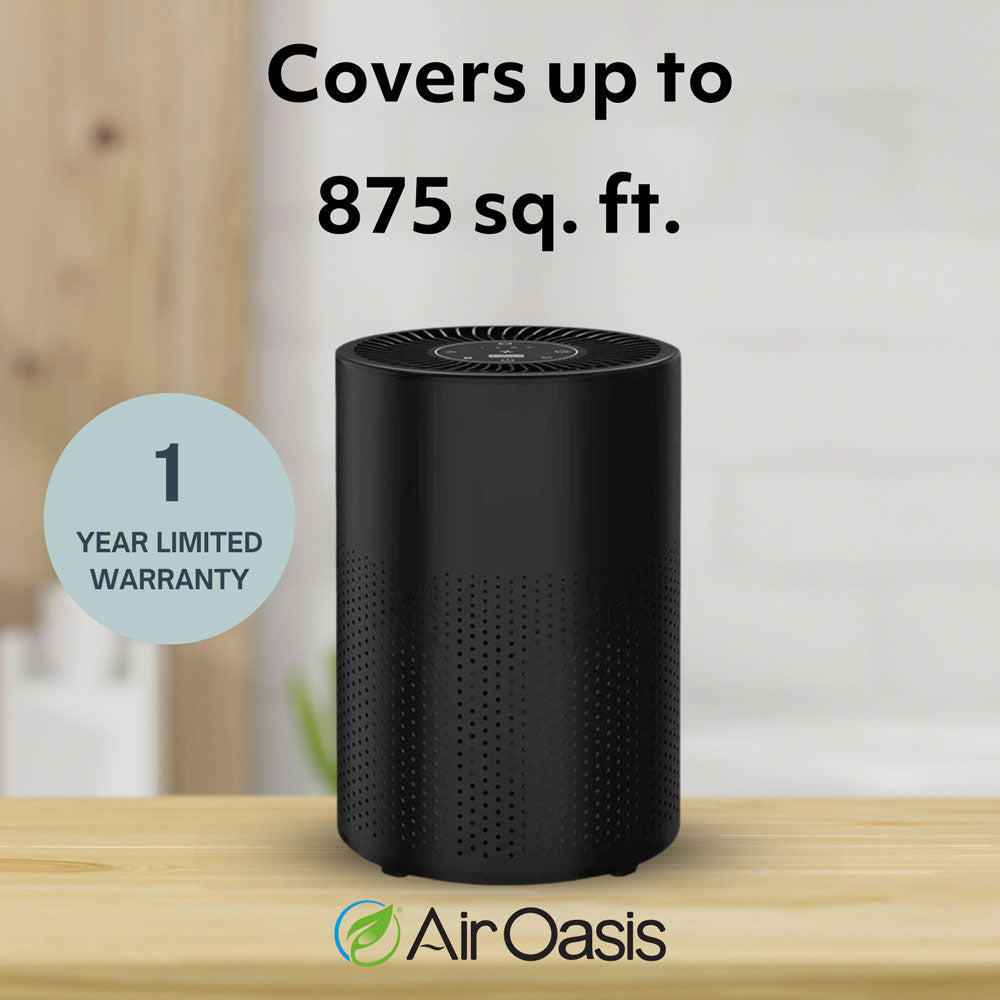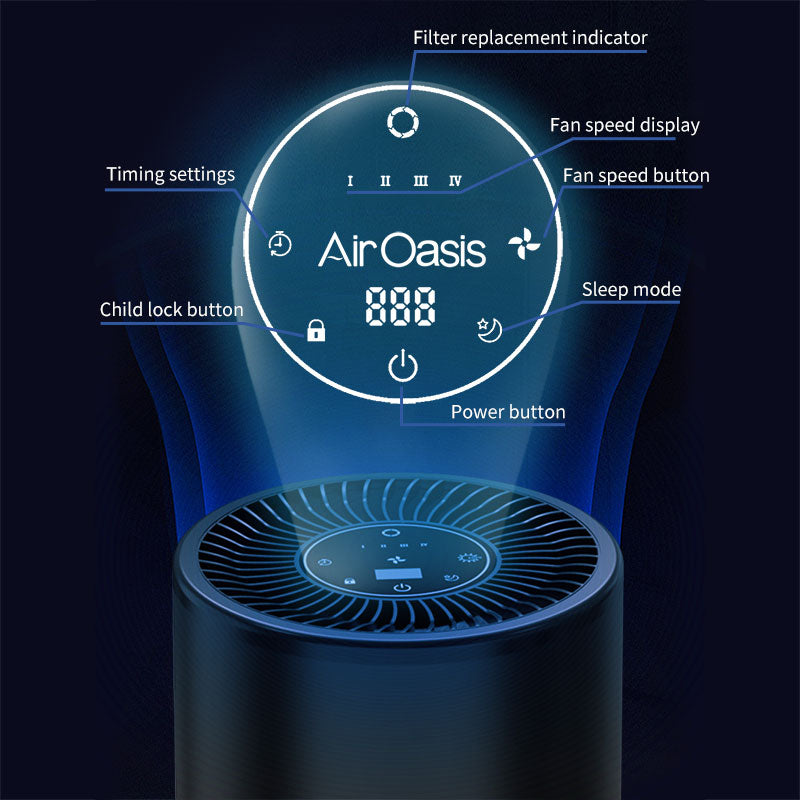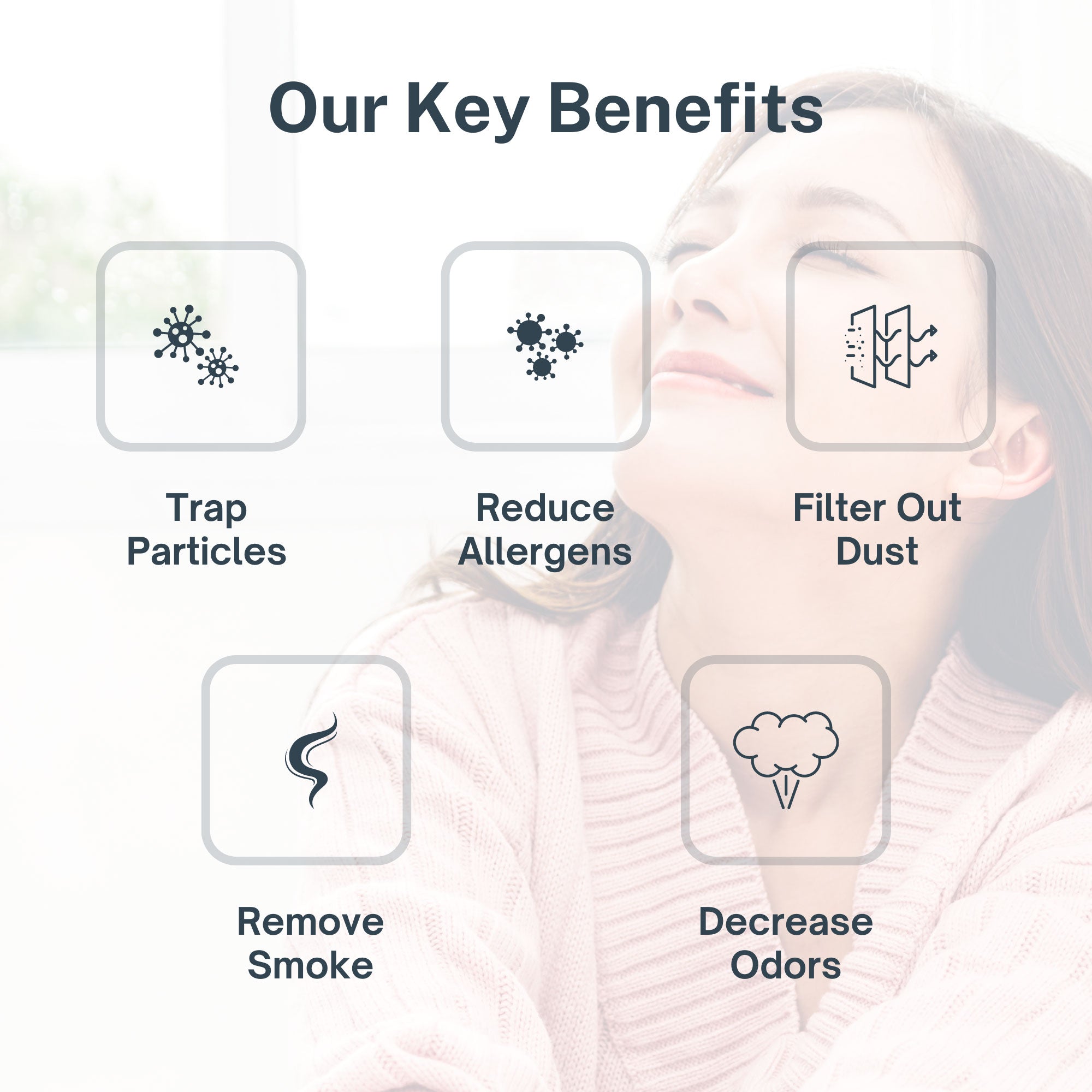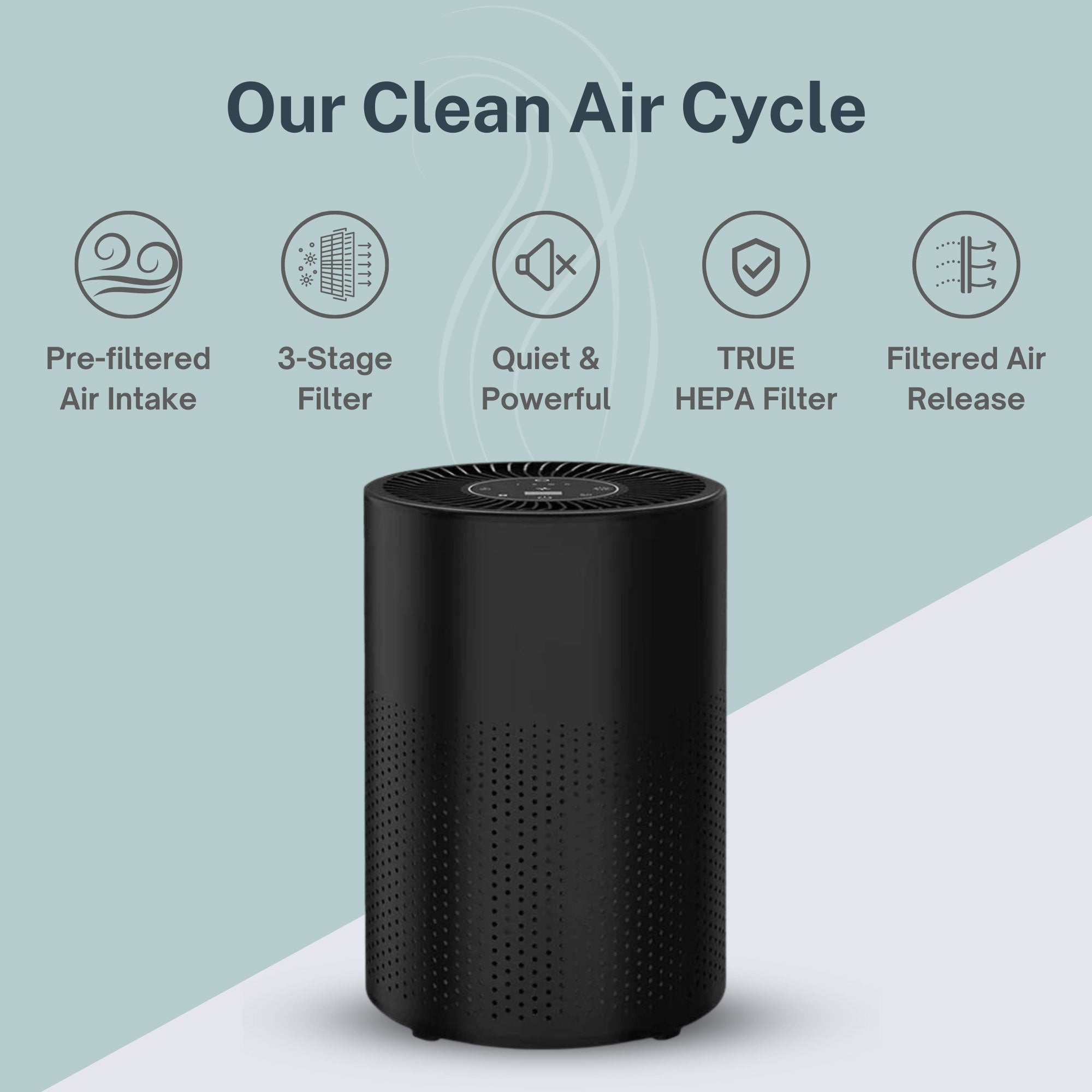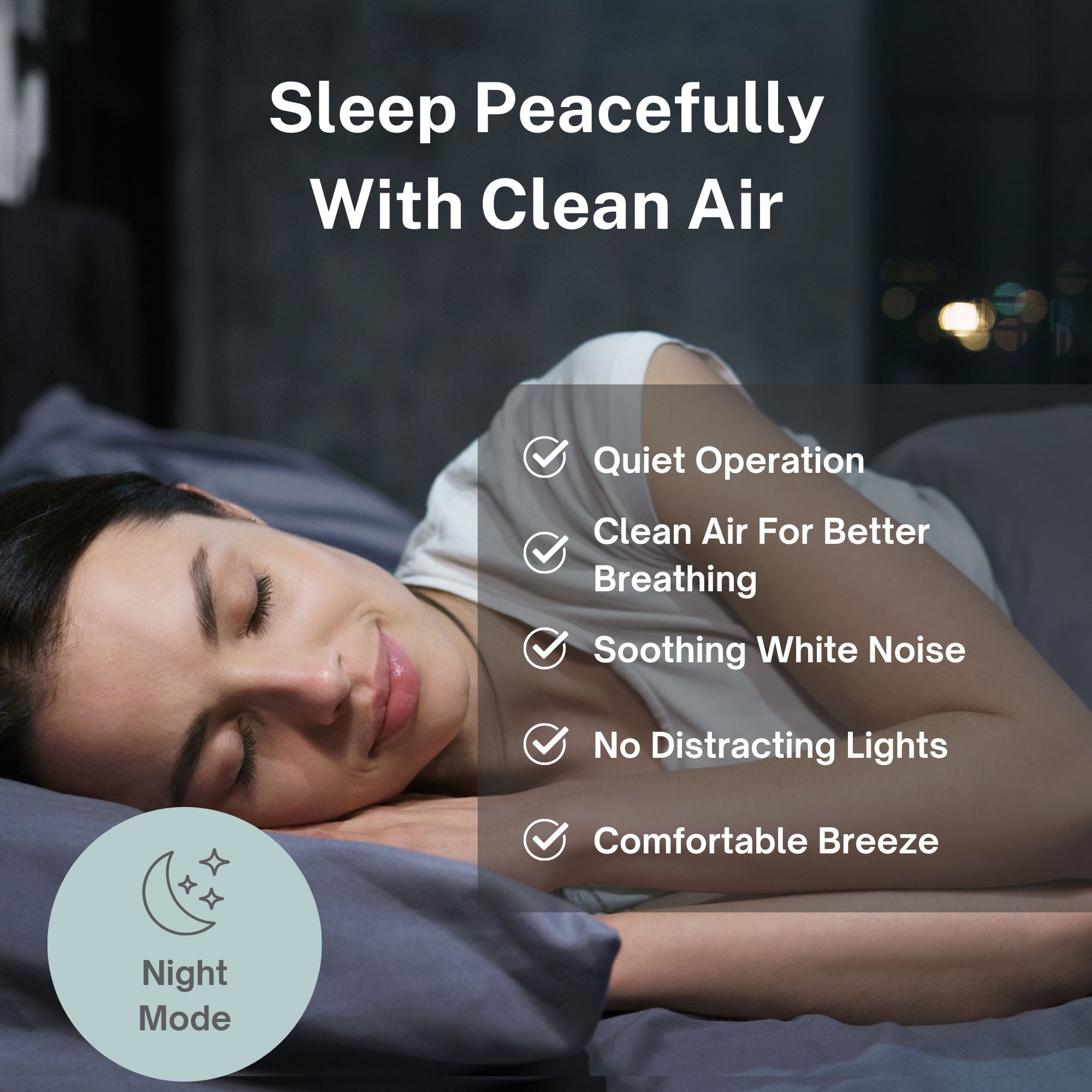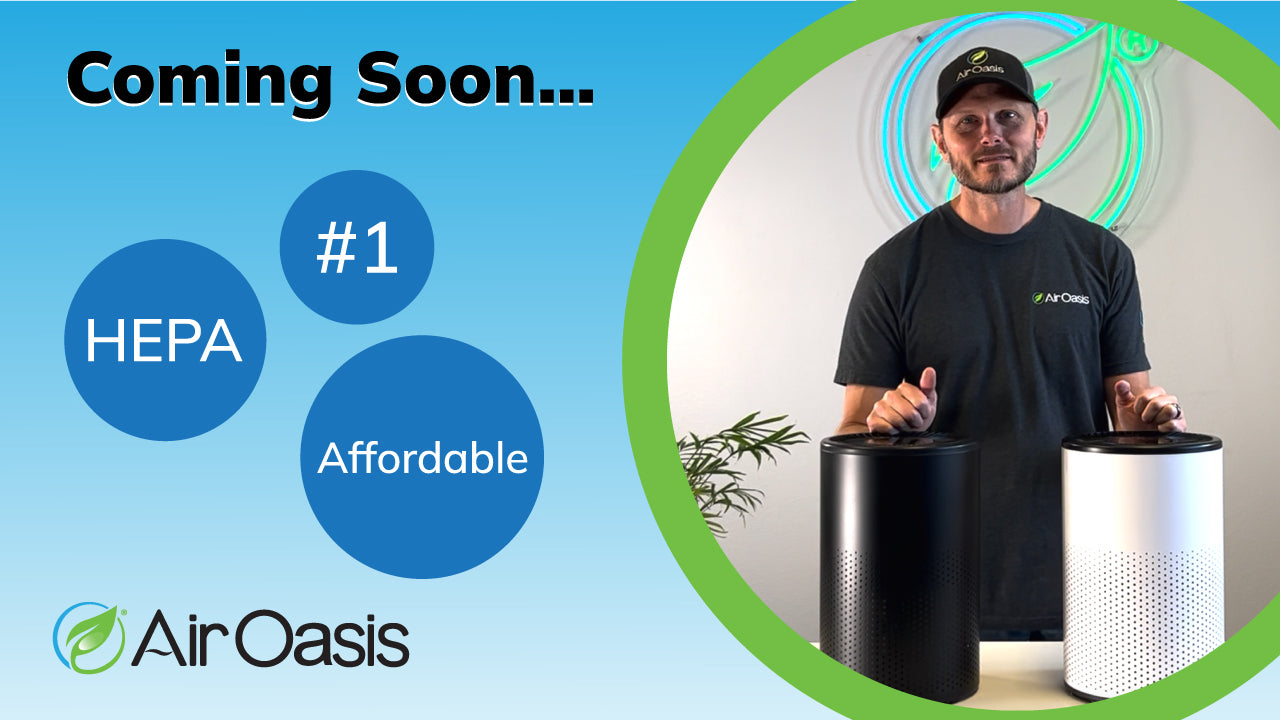At Air Oasis, our goal is to help families breathe easier. With air quality solutions for your home, you can rest easy knowing our products are improving the quality of the indoor air you breathe.
With the Air Oasis Cool Mist Humidifier and Essential Oil Diffuser, people worldwide get to experience the many benefits of supporting indoor air quality.
The Cool Mist Humidifier helps you to breathe comfortably, rejuvenate your skin, improve sleep, protect your home and furniture, and reduce static electricity.
With the Essential Oil Diffuser, improve the smell of your air, support your mental health, aid relaxation, and improve sleep.
On this page, we provide a list of answers to questions about humidifiers and indoor air quality.
If you have a question that you are unable to find the answer to on this page, feel free to contact us at (806) 373-7788. One of our representatives will be happy to answer any further questions that you may have regarding our humidifier products.
Do Humidifiers Help With Indoor Air Quality?
Due to dropping temperatures, the winter months cause a significant drop in indoor humidity. Lowered humidity causes various issues, including dry skin and dry nasal passages. Dry nasal passages, in turn, diminish a function of the immune system and can increase the likelihood of contracting airborne illnesses, such as the flu.
By using a humidifier, you mitigate some of that risk of infection. Here are some of the measurable benefits of humidifiers:
- Better protection against airborne illnesses
- Retaining moisture in skin and hair
- Reduced static electricity
- Increasing the life of items/materials (paint, textiles, etc.) in your home
Humidifiers improve indoor air quality by improving health and safeguarding the house itself from the adverse effects of dry air. Humidifiers can support optimal humidity (30-50%) in your home.
Do Humidifiers Cause Poor Air Quality?
Particulate matter is a well-researched culprit of poor indoor air quality. With a growing understanding of how particulate matter enters our air and is cleared from our air, we can begin to understand the cause and effect of poor air quality.
Particulate matter enters our homes and bodies in several different ways. Particulates are in the air of all homes and all individuals inhale some of this matter every day. It may be interesting for you to know that humans can also absorb particulate matter through water, either drinking it directly or ingesting it from water vapor in the air.
The chemicals sometimes present in water can cross the boundary of air and water and become a part of the indoor air we breathe–this boundary is called the air-water interface. While it was previously thought that we could only drink contaminated water, we now know that water contaminated with chemicals or particulate matter can also be breathed in when it lives in the air.
All of this description to say: poor air quality, caused by microorganisms in particulate matter, is inescapable. It can be complicated or escalated with the introduction of more moisture. If you want the benefits of a humidifier, you should only buy a quality humidifier. Low quality water or incorrect use of a humidifier could mean that the added moisture in the air increases the concentration of particulate matter you don’t want to breathe in.
Do Humidifiers Clean the Air?
In short–no, humidifiers do not purify the air like an air purifier because they do not filter or remove particles and contaminants from the air. Humidifiers function to increase moisture in indoor air by either emitting a cool mist or hot steam, depending on the type of humidifier.
While humidifiers may not remove contaminants such as mold or dust, they can still improve indoor air quality. Increasing indoor humidity reduces congestion and soothes dry or cracked skin. Humid air can moisten nasal passages, which supports your body’s natural defenses against bacteria and viruses.
Do Humidifiers Help With Dust in the Air?
Dust triggers allergic reactions in many individuals, but many people do not know that a humidifier can help reduce dust in the air.
Humidifiers do not collect dust as an air purifier might, but they do reduce the number of airborne dust particles in your home. Dust particles are mostly made up of dead skin from humans and pets, fecal matter from insects, pollen, food particles, and more.
Because dust particles are so lightweight, they hang in the air.
With the increased moisture created by a humidifier, the humidified indoor air soaks up the airborne dust particles. The water vapor makes them too heavy to stay suspended in the air, causing them to fall to the ground. While the dust will still technically remain in your home even after using a humidifier, there are health benefits to removing dust particles from the air you breathe.
Do Humidifiers Get Rid of Smells?
When considering how to achieve optimal indoor air quality and have your home smell good, you might be considering either a humidifier or a diffuser. While offering a wide range of health benefits, humidifiers do not significantly reduce or improve the aroma of your home.
When it comes to air quality solutions, diffusers are the best solution against unpleasant smells in the home.
Diffusers operate by vaporizing essential oils or fragrances. This scented vapor is then dispersed into the indoor air, creating a pleasant aroma in your home. By inhaling essential oils, an essential oil diffuser enhances indoor air quality, improves the smell of your air and may support your mental health, aid in relaxation, and improve sleep.
What's the Difference Between a Humidifier and a Diffuser?
The main difference between a humidifier and a diffuser is the purpose. A humidifier increases the humidity in the air by spreading water vapor, while a diffuser releases fragrance, typically essential oils, into the air.
Humidifiers relieve symptoms of dryness, including dry hair or skin, congestion, or a scratchy throat. A diffuser, on the other hand, provides aromatherapy to the home but does not increase room humidity.
Both humidifiers and diffusers use water to function:
- A humidifier uses water to create either a warm steam or a cool mist to increase the humidity of a room.
- A diffuser uses water to disperse essential oils into the indoor air.
For a real one-two punch of comfort and soothing smells, you can operate a humidifier and a diffuser in the same area of your home.
What are the Benefits of Using a Humidifier?
Humidifiers act as a natural moisture-adding mechanism, providing some possible health benefits while they do. High-quality humidifiers can improve your health, when used correctly, to keep the humidity of a home between the ideal range of 30 and 50 percent.
Operating a humidifier in your home could prevent colds and flu, improve skin, help with sinus pressure and congestion, soothe a sore throat, relieve coughs, reduce allergies, prevent asthma, enhance sleep quality, provide benefits to indoor house plants, and improve indoor air quality.
How Do You Prevent Mold in a Humidifier?
Mold in the home is a significant health hazard. It can cause many health-related problems, affecting the respiratory system, immune system, skin, and more.
Frequently emptying the water tank in your humidifier will prevent mineral, mildew, and mold buildup in your unit.
Once a week, deep clean your humidifier, using vinegar or a 10% bleach and water solution. After deep cleaning, always rinse your humidifier thoroughly to clean away all chemicals used in the cleaning process.
Which is the Best Air Purifier or Humidifier?
Air purifiers and humidifiers both have benefits depending on what you’re looking to achieve. While air purifiers remove contaminants from the air, humidifiers add moisture to the air. Both are useful but serve different needs.
An air purifier is the best solution when experiencing symptoms of poor indoor air quality, such as allergies or asthma. Air purifiers address the root cause of bad indoor air quality by removing symptom-causing contaminants from the indoor air.
Humidifiers help soothe the symptoms of dry air–such as dry nasal passages and congestion–by adding moisture to the air. Because humidifiers do not actually remove airborne contaminants from the air, air purifiers are the superior solution to improving indoor air quality overall.
Both air purifiers and humidifiers play an important role in improving health related to air quality. For certain situations, such as seasonal allergy flare-ups, the best solution is to use an air purifier and humidifier together. Dual use provides the air quality protection of an air purifier and hydrating mist of a humidifier.
Do Humidifiers Help With Allergies?
Humidifiers effectively relieve the discomfort of allergies by adding higher humidity levels to indoor air. Symptoms of allergies include nasal congestion, irritation, and inflammation of the nasal cavity.
Increasing humidity in the home or in your bedroom reduces inflammation of these tissues and can provide quick relief for allergy sufferers.
Higher humidity serves to moisten nasal tissues, making it easier to blow out irritants and allergens from your nasal cavity and reduce discomfort associated with allergy symptoms.
Too much humidity, however, can cause mold and dust mites to spread in the home. Individuals with indoor allergies should clean humidifiers regularly and monitor humidity levels not to exceed the recommended 50% humidity level.
Is Distilled Water Best for Humidifiers?
Use water with low mineral content, such as distilled water, to prevent build-up and mold growth in your humidifier. The process of distillation to create distilled water is a proven and effective method for removing minerals from water. While distilled water is not entirely free of mineral content, it is likely to contain a lower mineral content profile than typical tap water.
In addition to using distilled water, regularly empty the tank, wiping all surfaces dry, and refilling the water in your humidifier daily to reduce the growth of microorganisms.
What Happens if I Put Tap Water in My Humidifier?
Because tap water has a generally higher mineral content than distilled water, using tap water in your humidifier can cause build-up which may cause your humidifier to need more regular cleaning in order to function properly.
Distilled water, which is purer than purified water, undergoes a distillation process in which a majority of the minerals found in tap water are removed, providing a cleaner source for your humidifier unit.
It is technically safe to use tap water in a humidifier, just as it is safe to drink tap water. However, if you use tap water in your humidifier, you may notice undesirable side effects in how your humidifier functions.
Does a Humidifier Make a Room Foggy?
A humidifier can cause a room to become foggy for several reasons, including foggy windows from condensation, haziness from excess water in the air, mineral deposits in dirty humidifiers, and moisture on the ground or furniture in the home.
Using tap water, rather than distilled water, in humidifiers can cause mineral buildup and mineral deposits which causes dirty humidifiers. Operating a dirty humidifier can produce foggy air.
If you have a small room and are using a large humidifier, it can cause your room to become foggy because of excess water in the air. This could happen if the humidifier’s moisture output is more than the room can handle, causing moisture to condense on surfaces like windows and mirrors.
Finally, if you are using a humidifier in an indoor space that already has moisture present, adding more moisture to the room by running a humidifier also creates an excess moisture situation, causing the room to become foggy.
What Should You Clean a Humidifier With?
To clean a humidifier, unplug the unit and then empty, wipe and dry the unit every day. Refilling the water in portable humidifiers daily will reduce the growth of microorganisms and prevent mold buildup.
Once a week, deep clean your humidifier with vinegar. To thoroughly disinfect it, you can use a 10% bleach solution mixed with water. Always check the manufacturer’s directions for cleaning instructions.
After using vinegar or bleach to clean your unit, rinse the unit thoroughly to avoid chemicals lingering in the water.
Additionally, replace filters regularly: follow your manual for filter replacement and the necessary replacement of other parts. This will vary by type of humidifier.
What's a Good Humidity Level?
Too little humidity causes symptoms of dryness, such as dry nasal passages and dry skin and hair. However, too much humidity causes other health-related problems and the spread of dust mites and mold.
It is recommended to maintain an indoor humidity level between 30 to 50%. Individuals should also clean their humidifiers regularly and monitor humidity levels, so they never exceed 50%.
If symptoms of dryness persist, your humidity may be too low. If you notice water condensing on walls or windows, this is a sign humidity is too high. Condensation should be avoided as it can trigger respiratory problems.
How Do You Know if Your Room Needs a Humidifier?
There are telltale signs a humidifier may benefit your home. Typical signs relate to the symptoms of dry air and signal a need for added humidity and moisture in the air. A humidifier could benefit your home if you are experiencing dry or itchy skin, nasal congestion, or nose bleeds or notice an excess of static electricity.
You may often identify these symptoms and scenarios specifically in the winter months when colder temperatures reduce the humidity in the air.
Dry air can create many problems for the body, including a dry throat and mouth, coughing, dry nasal area, and lung problems. A humidifier is a solution to add moisture to the air and relieve discomfort of cold weather dryness.
Does a Humidifier Help With Congestion?
Congestion is typically caused by inflammation in the sinuses or the airways, trapping mucus and causing complications. Keeping congestion under control can help prevent secondary infections and sinus headaches.
An important aspect of maintaining healthy sinuses is the amount of humidity in the air. Too much or too little humidity in the air can lead to nasal congestion.
Using a humidifier allows you to control humidity in the home. Adding moisture to the air helps to relieve symptoms of congestion, such as stuffy noses, and breaks up mucus to make coughing easier.
For children with congestion from colds or flu, use a cold mist humidifier–warm mist humidifiers can be dangerous if a child gets too close.
Can You Use a Humidifier Too Much?
The recommended humidity level indoors is between 30 to 50%. Humidity higher or lower than this range can cause health problems. If you use a humidifier too much, or the humidity in your home is higher than 50%, it can cause health issues, including worsened respiratory problems and moisture issues. If moisture levels are too high, it can cause unwanted mold and bacteria growth, an increase in dust mites, and mildew from excessive condensation.
Should a Humidifier Run All Night?
While you can run your humidifier all day, it’s often unnecessary and can lead to unwanted risks if not managed properly. Ideal indoor humidity levels should fall between 30 to 50%. Often, when a humidifier is run all day, you risk humidity becoming too high in your home. High humidity causes a host of issues. As we’ve mentioned in response to other FAQs for humidifiers and indoor air quality, humidity over the 50% threshold reduces indoor air quality and makes your home a breeding ground for bacteria, viruses, and mold.
If you plan to run your humidifier 24 hours a day, pay extra attention if you leave the house for long periods. It’s also important to be aware that constantly running your humidifier may mean you are filling the tank regularly, which will continuously adjust the humidity inside your home. It must be managed with care not to exceed recommended humidity levels.
Where Should I Put a Humidifier?
There are several important factors to consider when deciding where to place your humidifier in your home to maximize the health benefits. Consider your room size, the size of the humidifier, the type of humidifier, and the airflow of your chosen location.
In small rooms, you’ll want to consider a central location, factoring in the height of the placement. It can be helpful to place a humidifier on a shelf or side table for a central location. Much like the size of the room plays a role, the humidifier's size also determines optimal placement. Some humidifiers are designed for larger spaces, while portable humidifiers are designed for single small rooms.
The type of humidifier will determine safety considerations for placement. If you are using a warm mist humidifier, be sure it is out of reach of children. Cool mist humidifiers don’t get hot and won’t be dangerous for children or pets.
Finally, selecting a location in your home with maximum air flow is essential. Air flow will help the humidifier to be most effective and prevent the build-up of condensation and excessive moisture.
Air Oasis Cool Mist Humidifier
Extreme air humidity–dry or humid–is detrimental to your health. If you’ve ever experienced a bloody nose or eye irritation in the winter months, you likely know what it feels like when the air in your home is too dry.
If your windows fog up and your walls feel damp, you know the effects of humidity that is too high–causing issues related to excessive moisture.
With the help of a high-quality humidifier, achieving optimal humidity between 30 to 50% in your home supports your health and increases indoor air quality.
The Air Oasis Cool Mist Humidifier boasts ultrasonic technology to hydrate you and your environment, especially during those cold, dry winter months.
With safe ultrasonic misting, the Cool Mist Humidifier supports healthy skin, better sleep, reduced irritation caused by dryness and combines with the comforting benefits of essential oils.
Shop the Air Oasis Cool Mist Humidifier to revolutionize the humidity of your indoor air.
